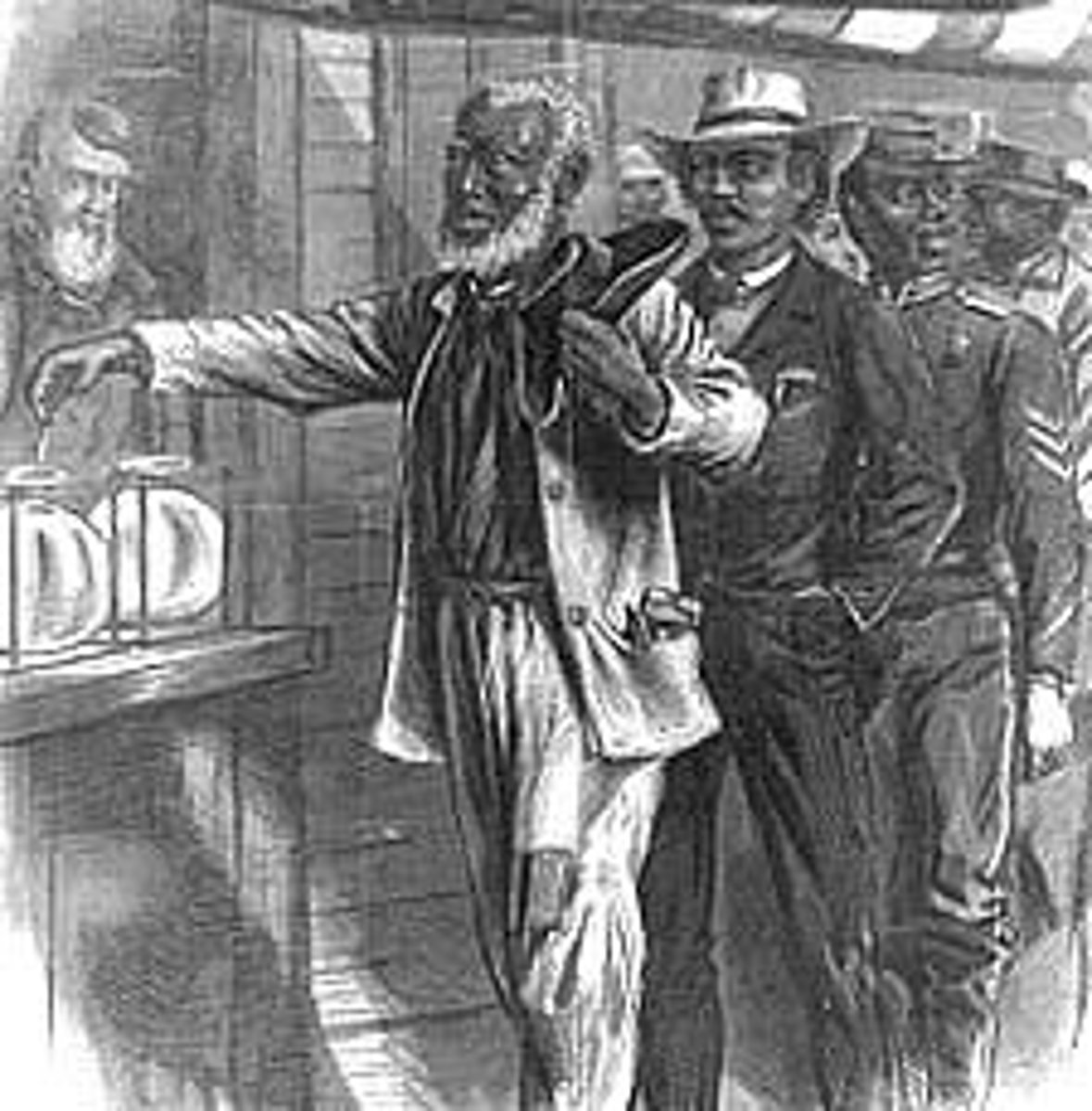Unit 1: Foundations of America
1/42
Name | Mastery | Learn | Test | Matching | Spaced | Call with Kai |
|---|
No analytics yet
Send a link to your students to track their progress
43 Terms
Equality
The state of being equal, especially in status, rights, and opportunities.
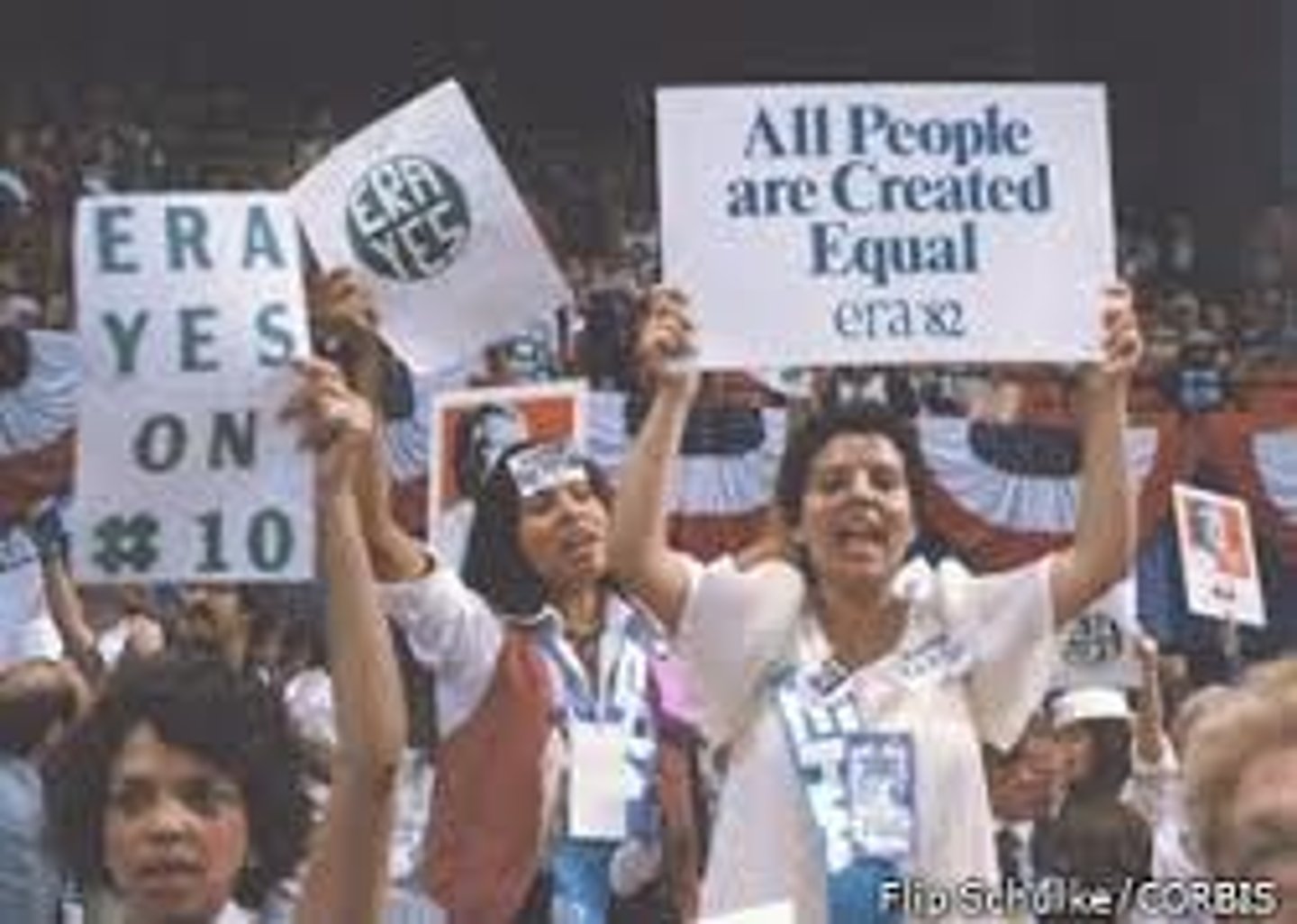
Rights
Powers or privileges granted to people either by an agreement among themselves or by law.
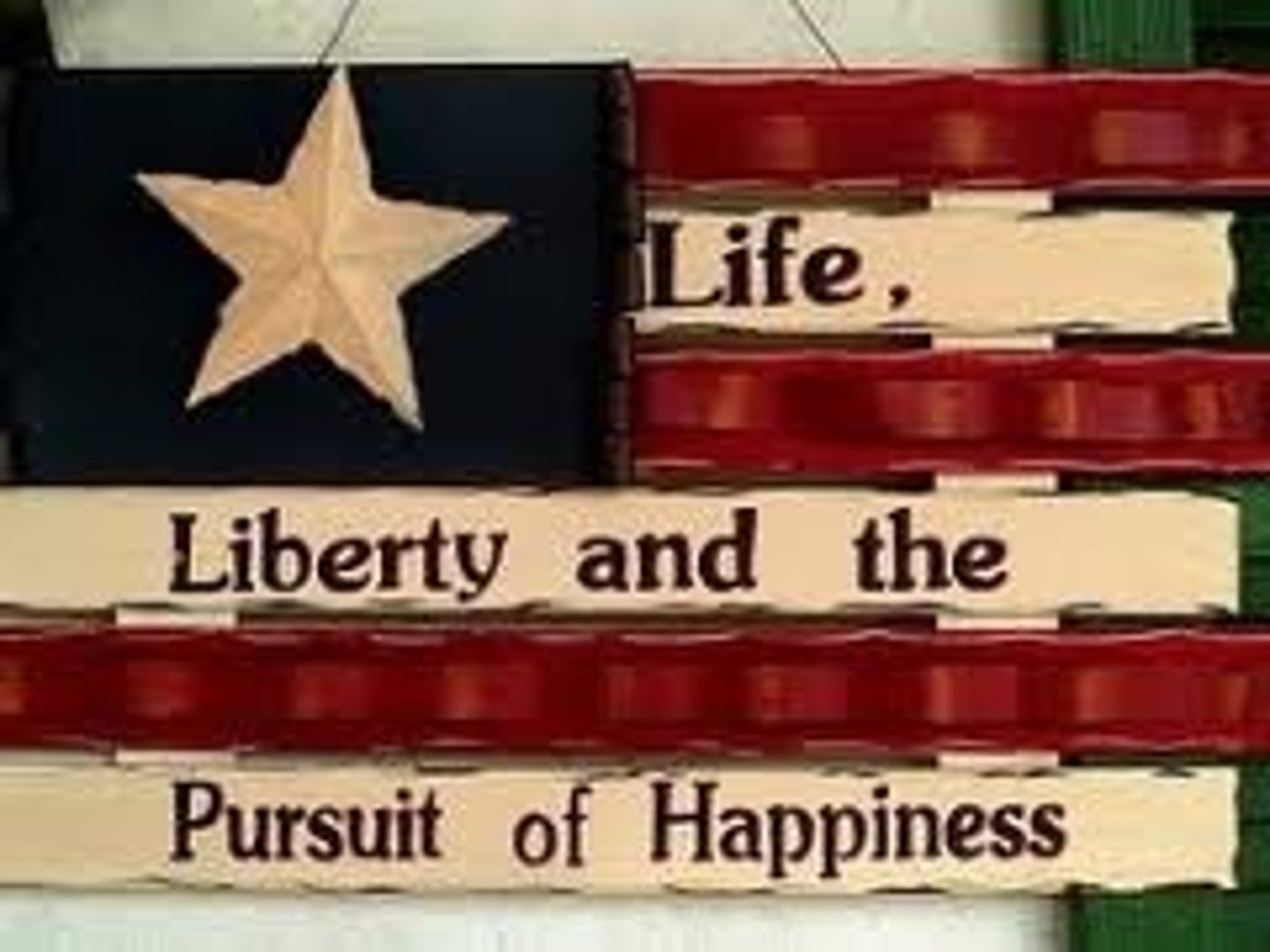
Liberty
The state of being free within society from oppressive restrictions imposed by authority on one's way of life, behavior, or political views.
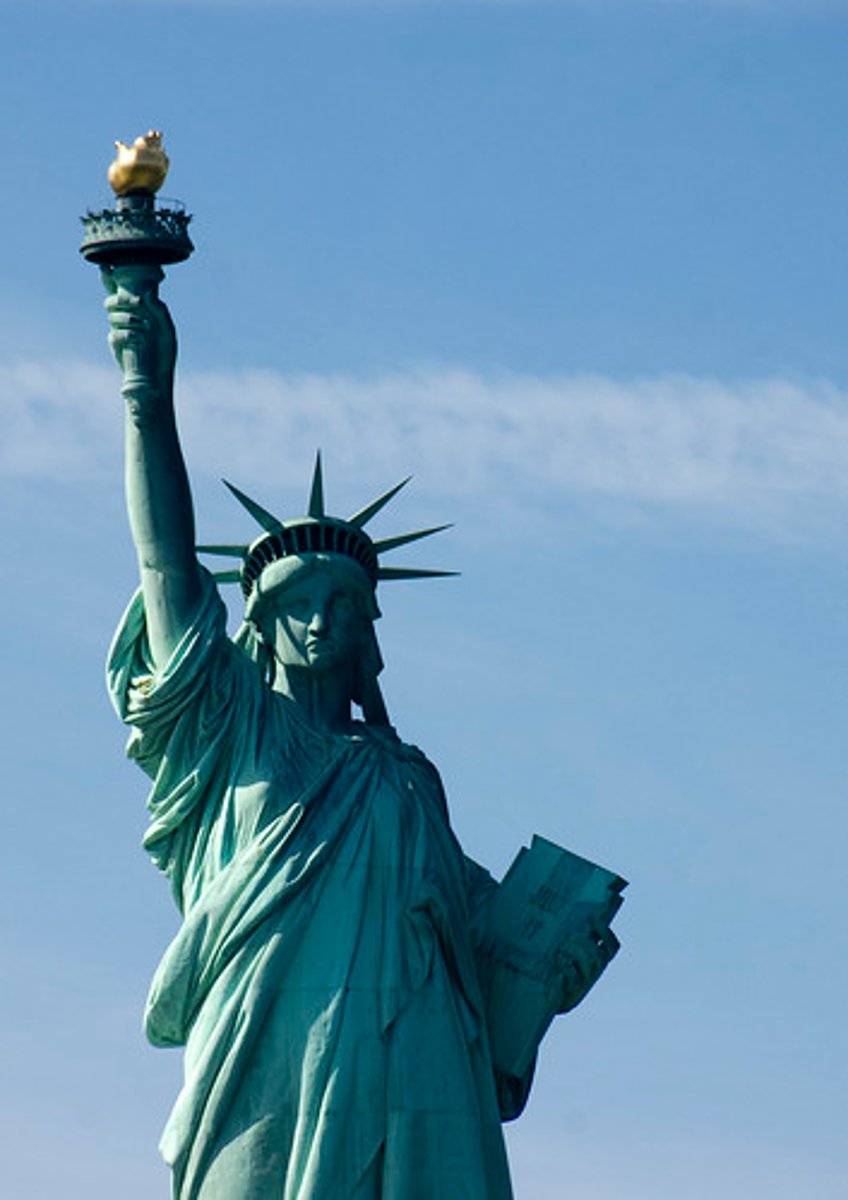
Opportunity
A set of circumstances that makes it possible to do something.
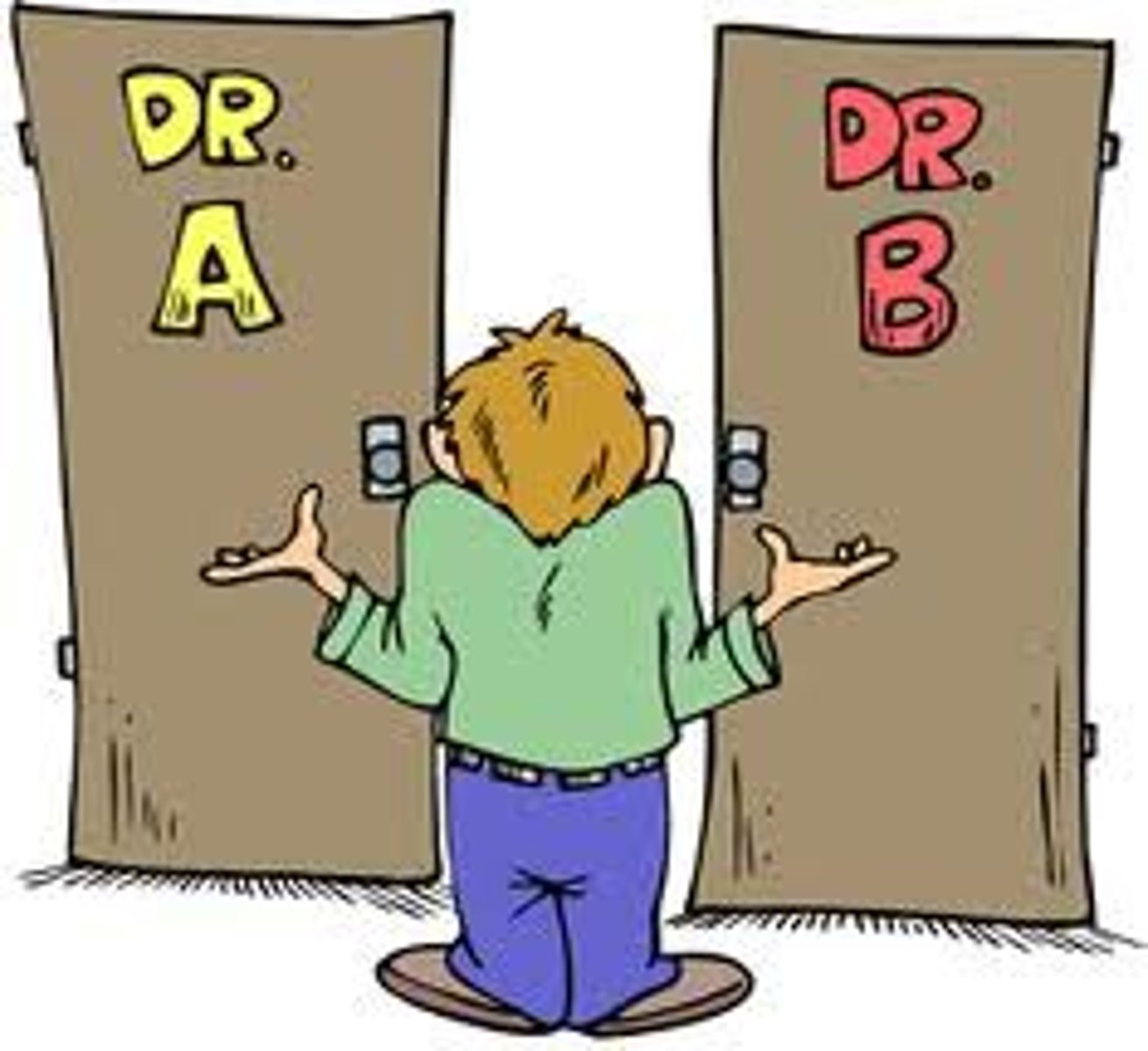
Democracy
A political system in which the supreme power lies in a body of citizens who can elect people to represent them.
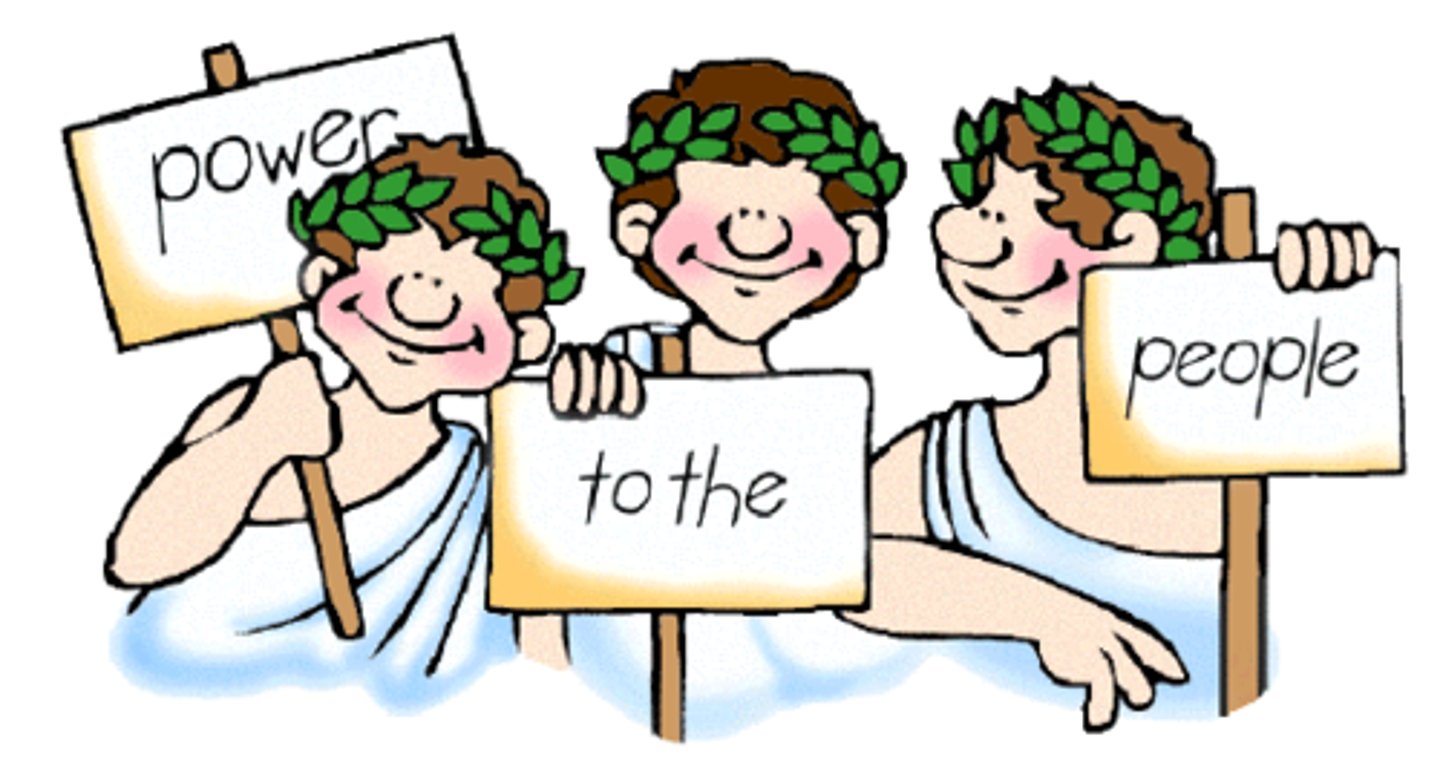
Enlightenment
A movement in the 18th century that advocated the use of reason in the reappraisal of accepted ideas and social institutions.
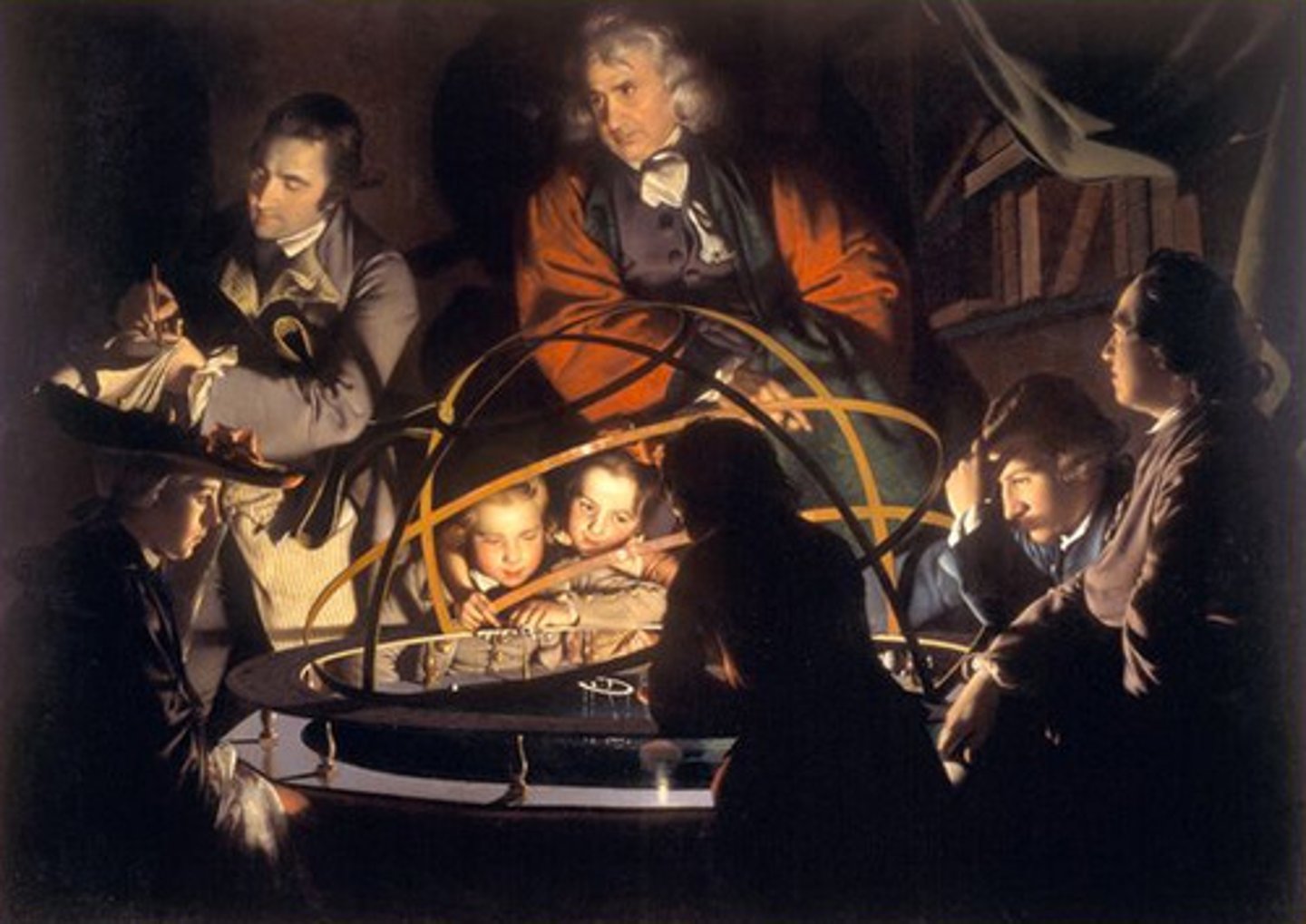
Jean-Jacques Rousseau (1712-1778)
1. Enlightened thinker (Philosophe) best known for writing "The Social Contract"
2. Believed that since "law is the expression of the general will," the state is based on a social contract
3. Emphasized the education of the whole person for citizenship
4. Rejected excessive rationalism and stressed emotions, thus anticipating the Romantic Movement.

John Locke (1632-1704)
Political theorist who defended the Glorious Revolution with the argument that all people are born with certain natural rights to life, liberty, and property.
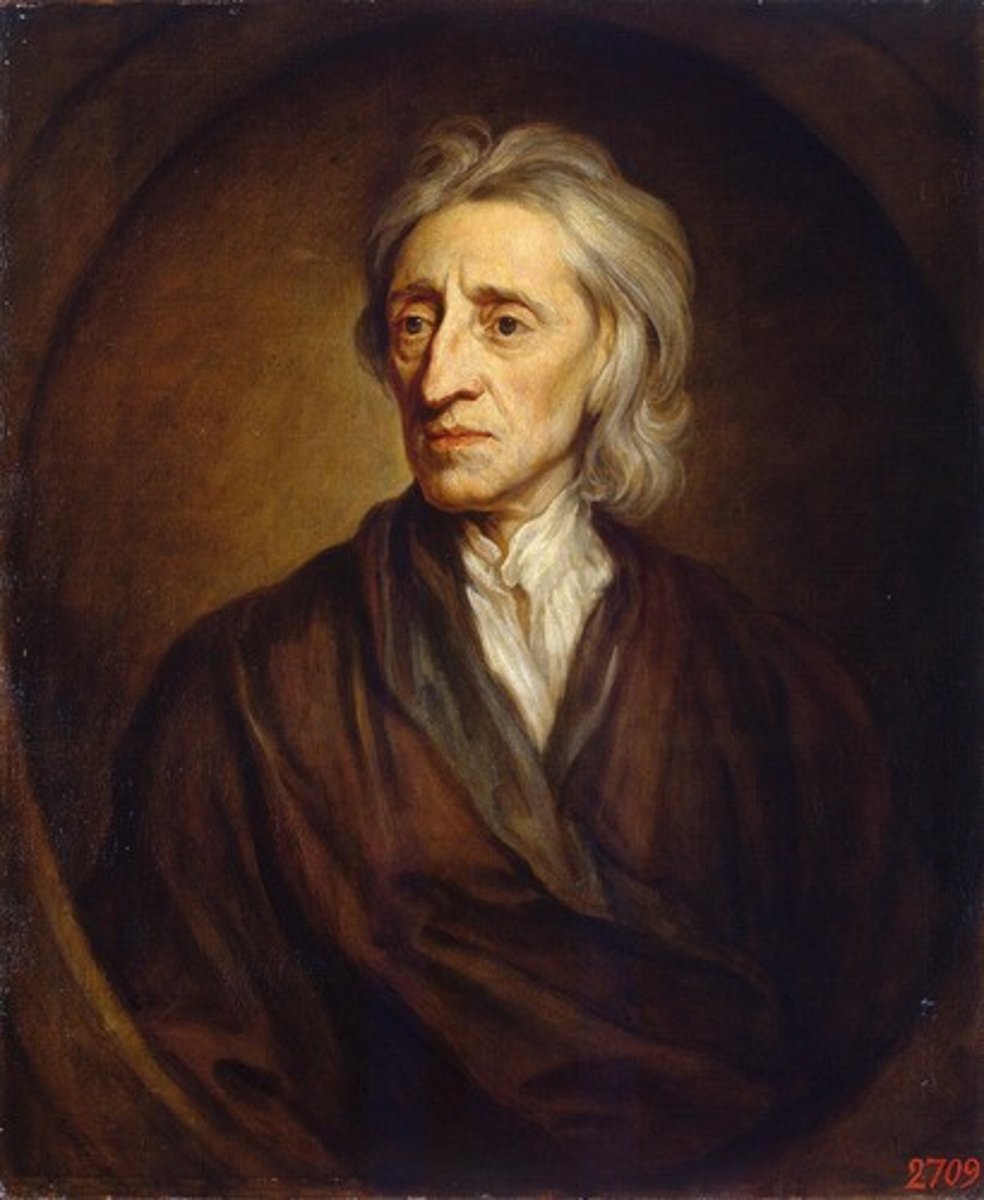
Baron de Montesquieu (1689-1755)
The foremost French political thinker of the Enlightenment, whose most influential book, The Spirit of Laws, expanded John Locke's political study and incorporated the ideas of a division of state and separation of powers. His work also ventured into sociology: he spent a considerable amount of time researching various cultures and their climates, ultimately deducing that climate is a major factor in determining the type of government a given country should have.
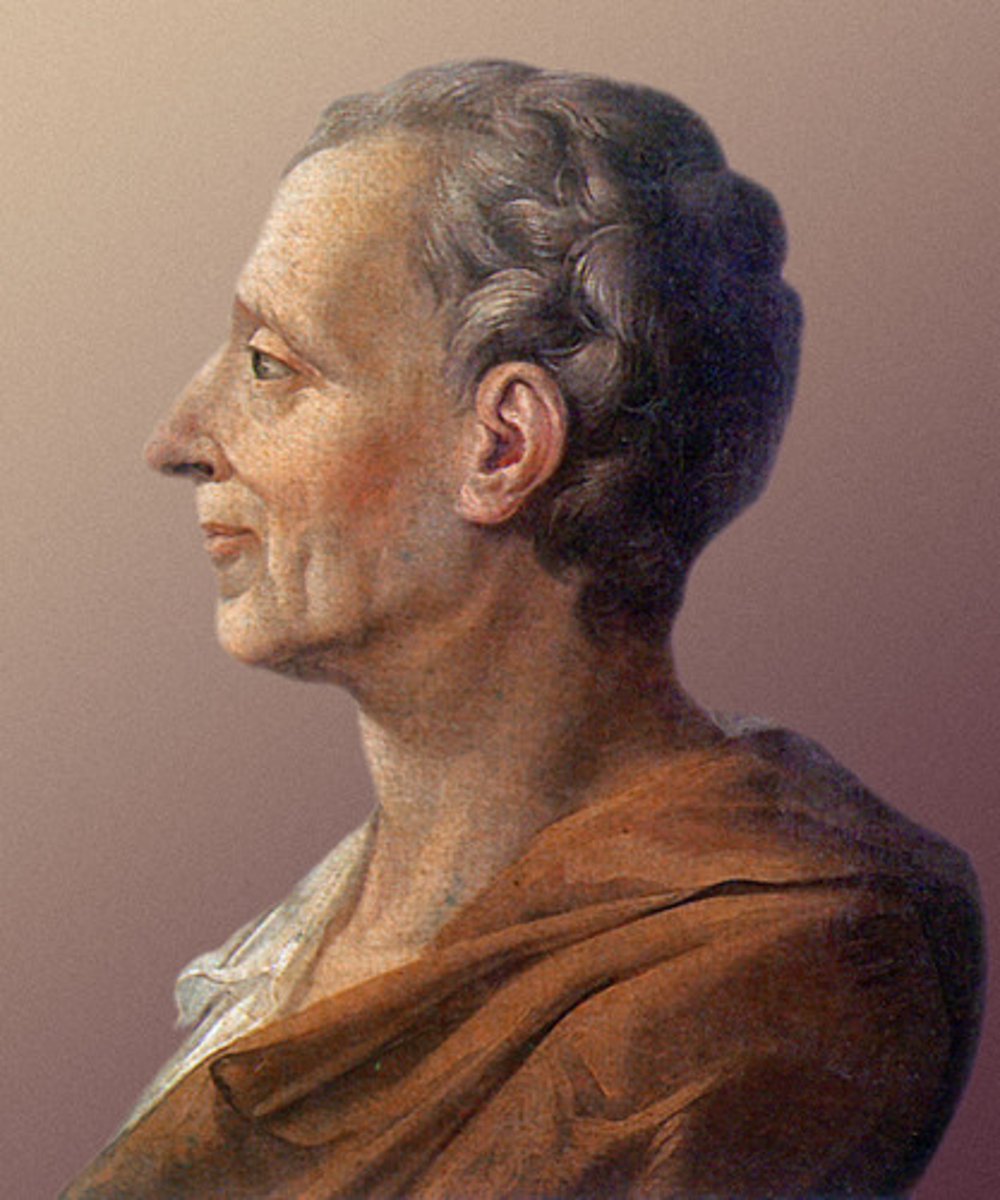
Patrick Henry (1736-1799)
An American orator and member of the Virginia House of Burgesses who gave speeches against the British government and its policies urging the colonies to fight for independence. In connection with a petition to declare a "state of defense" in virginia in 1775, he gave his most famous speech which ends with the words, "Give me liberty or give me death." Served as Governor of Virginia from 1776-1779 and 1784-1786, and was instrumental in causing the Bill of Rights to be adopted as part of the U.S. Constitution.
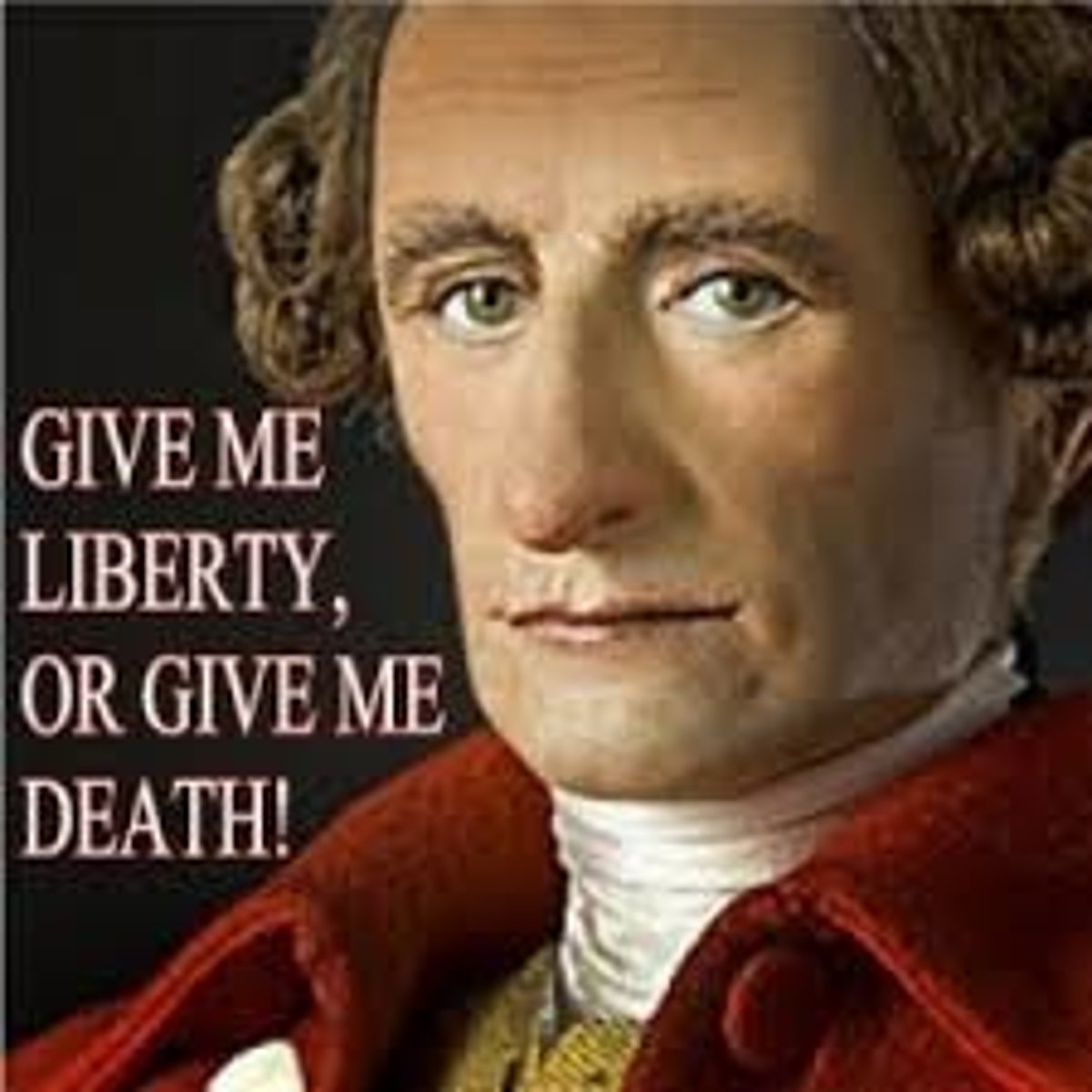
Ben Franklin
member of the Continental Congress, forefather of the U.S., great negotiator with France, inventor.
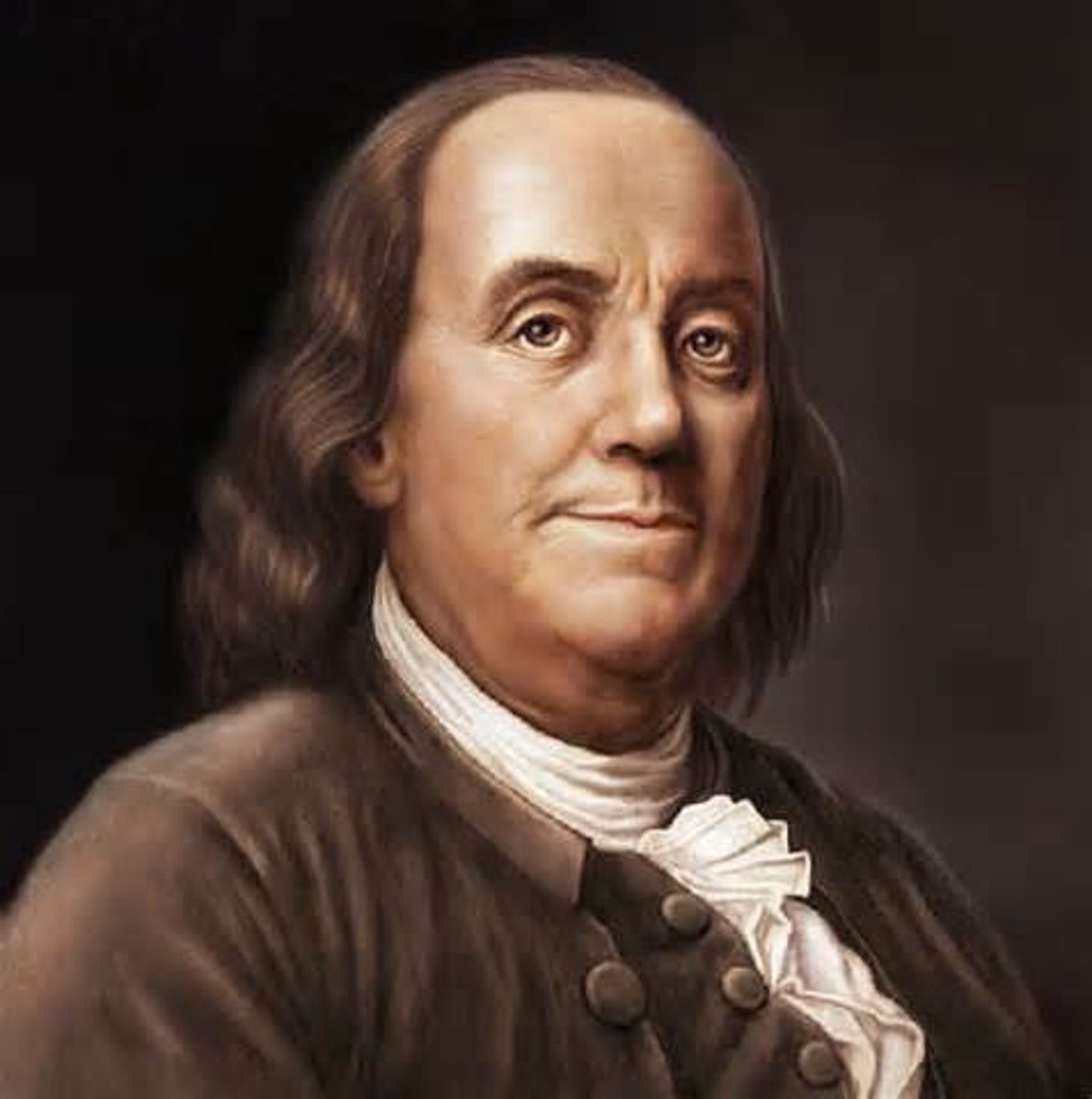
Abigail Adams
Wife of John Adams. During the Revolutionary War, she wrote letters to her husband describing life on the homefront. She urged her husband to remember America's women in the new government he was helping to create.
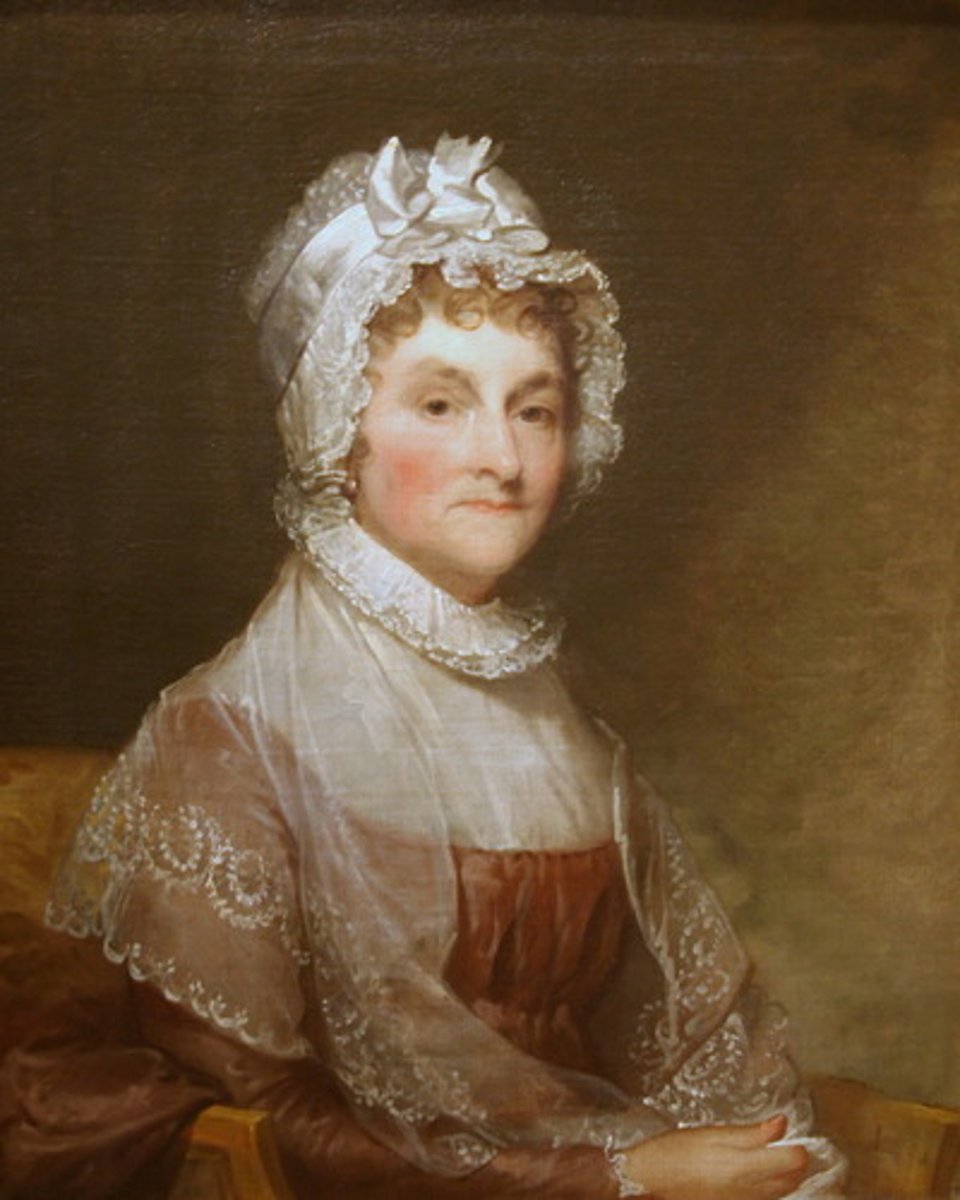
James Madison
"Father of the Constitution," Federalist leader, and fourth President of the United States.
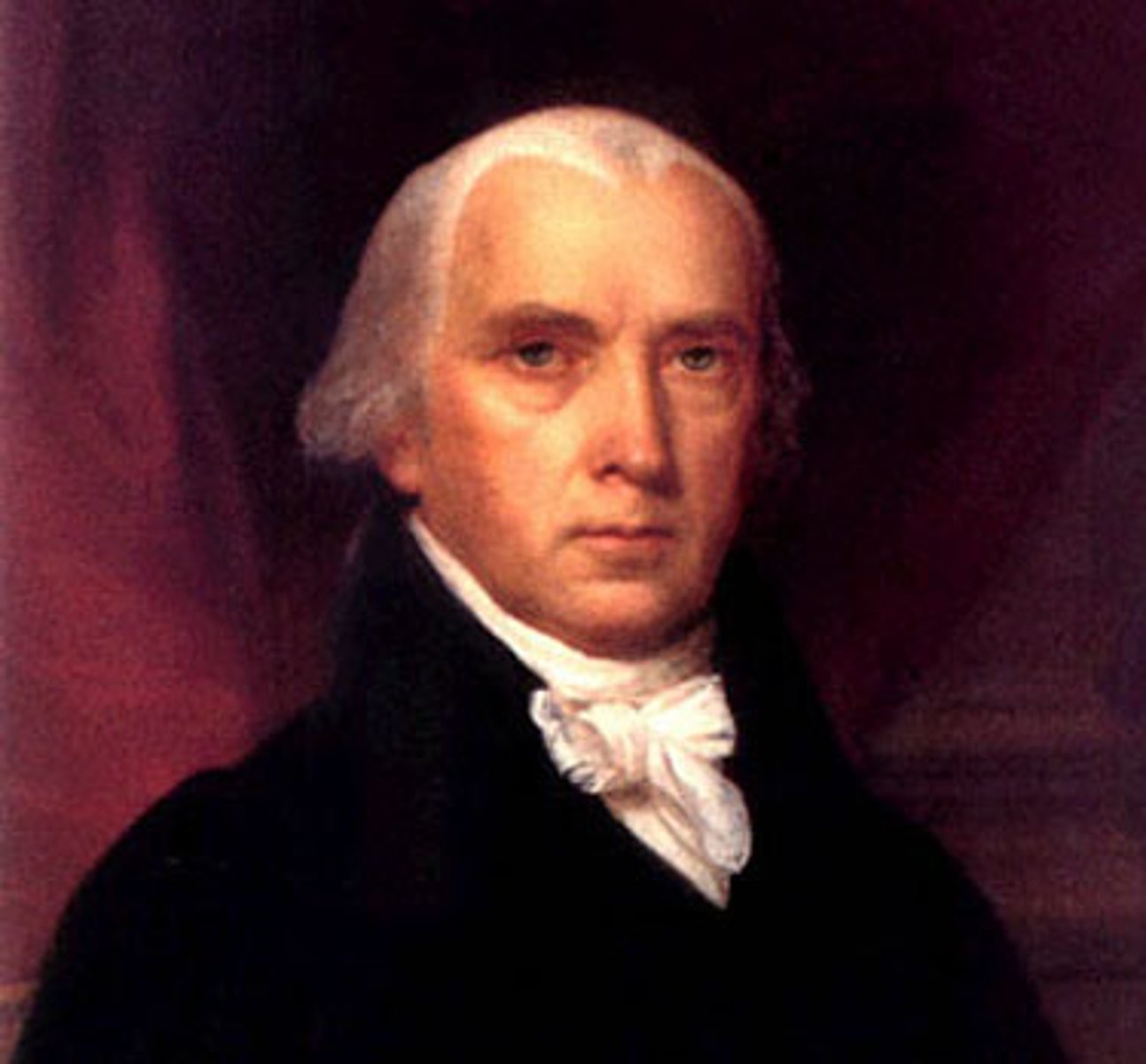
Sovereignty
Ability of a state to govern its territory free from control of its internal affairs by other states.
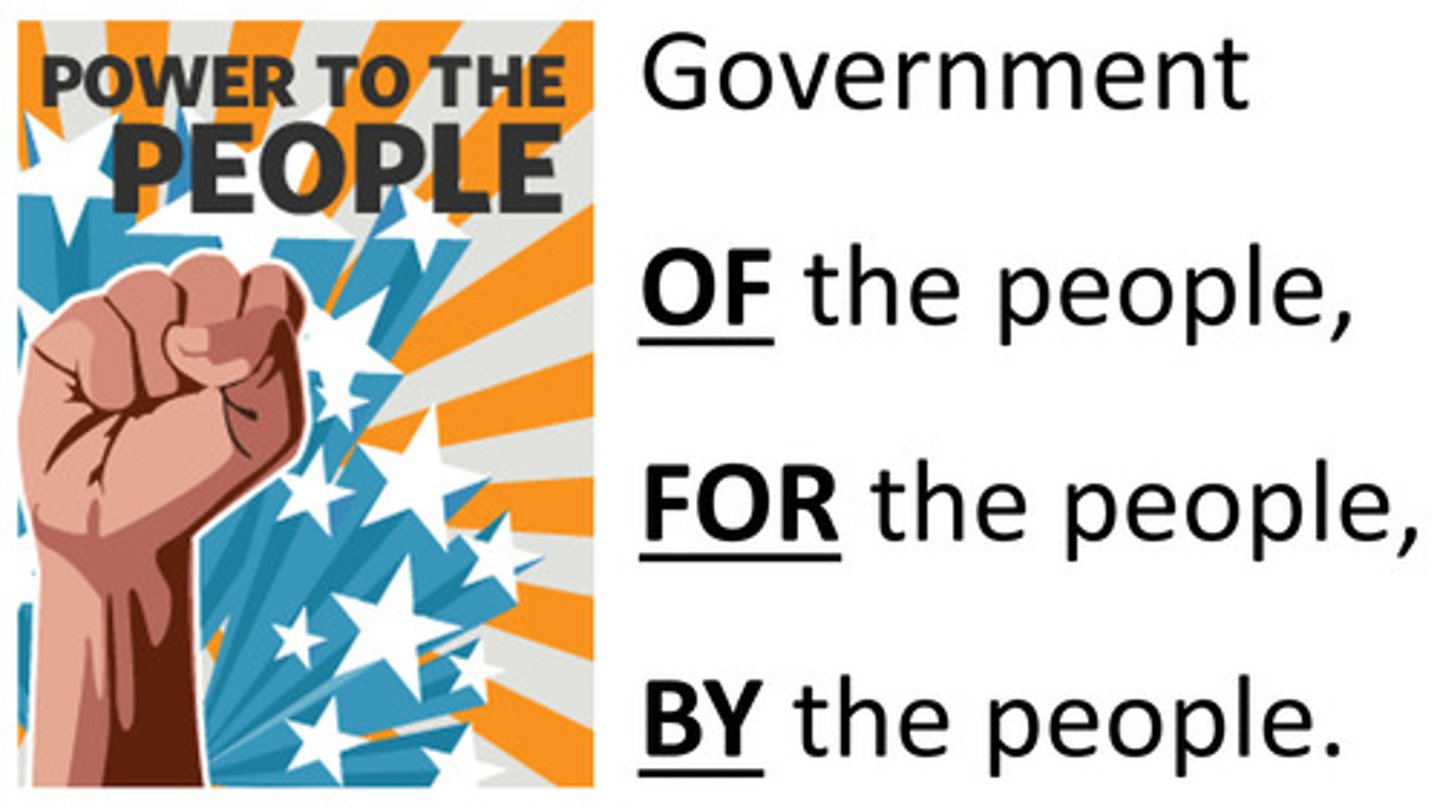
Social Contract
A voluntary agreement among individuals to secure their rights and welfare by creating a government and abiding by its rules.
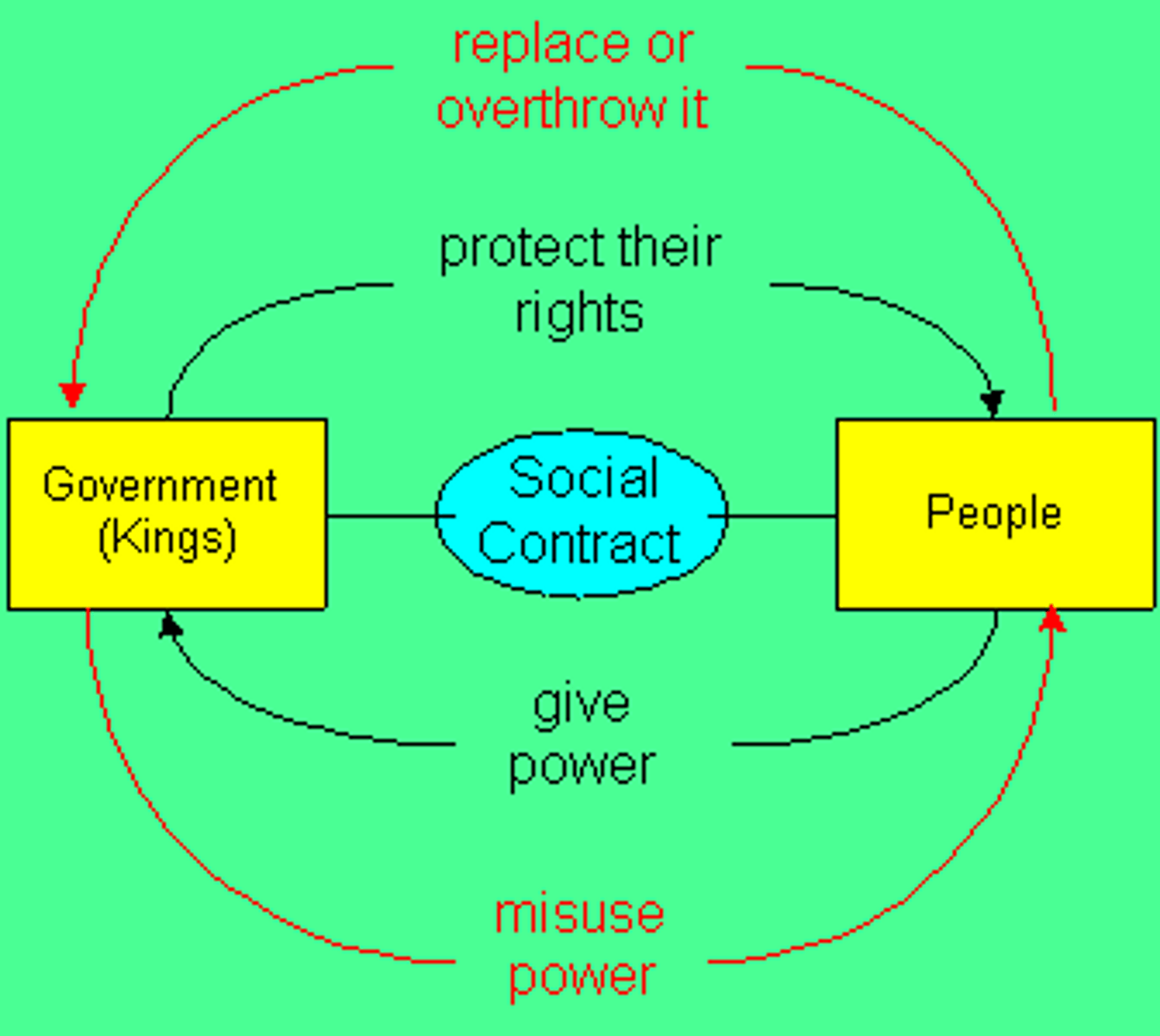
Natural Rights
the idea that all humans are born with rights, which include the right to life, liberty, and property
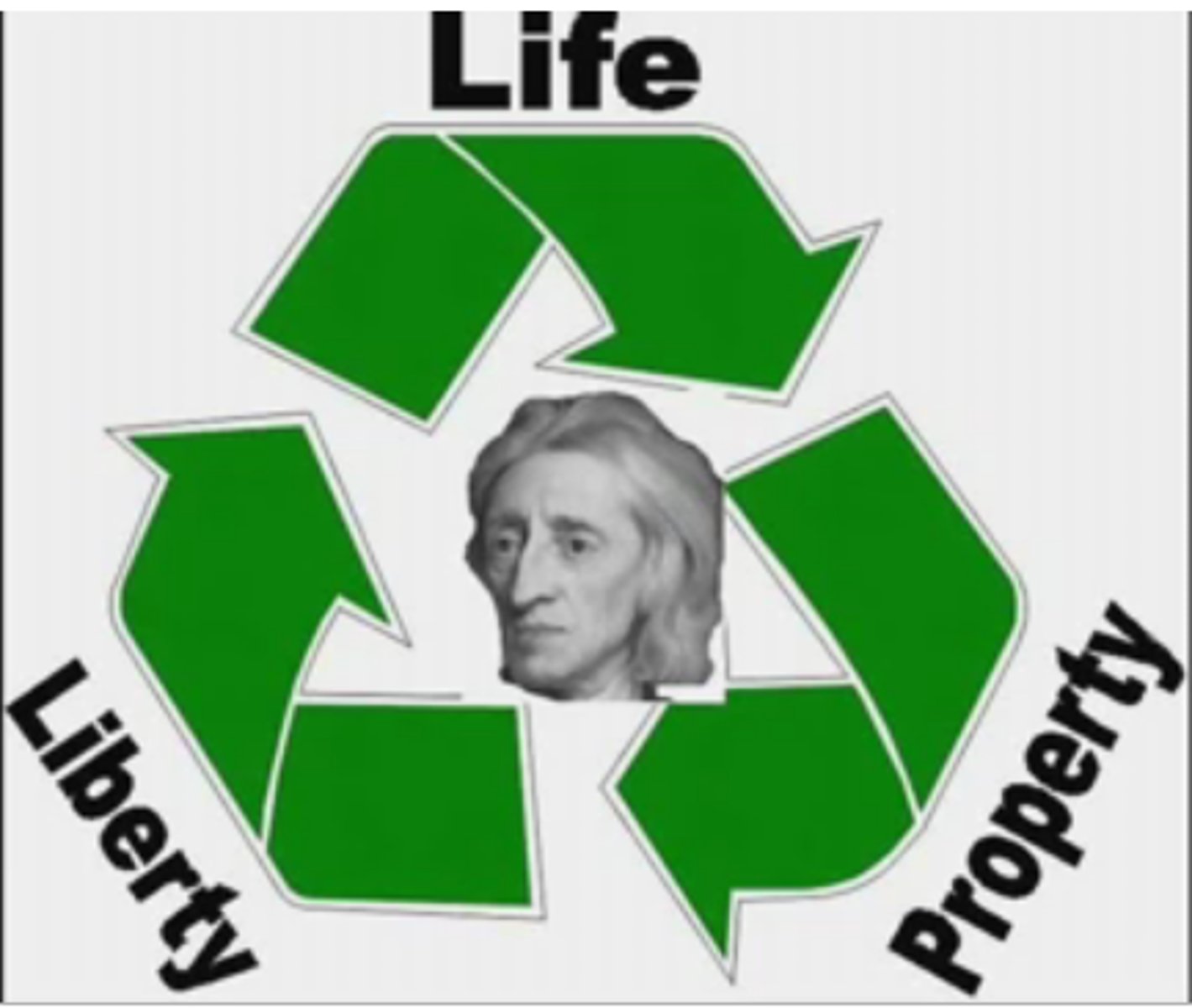
Checks and Balances
A system that allows each branch of government to limit the powers of the other branches in order to prevent abuse of power
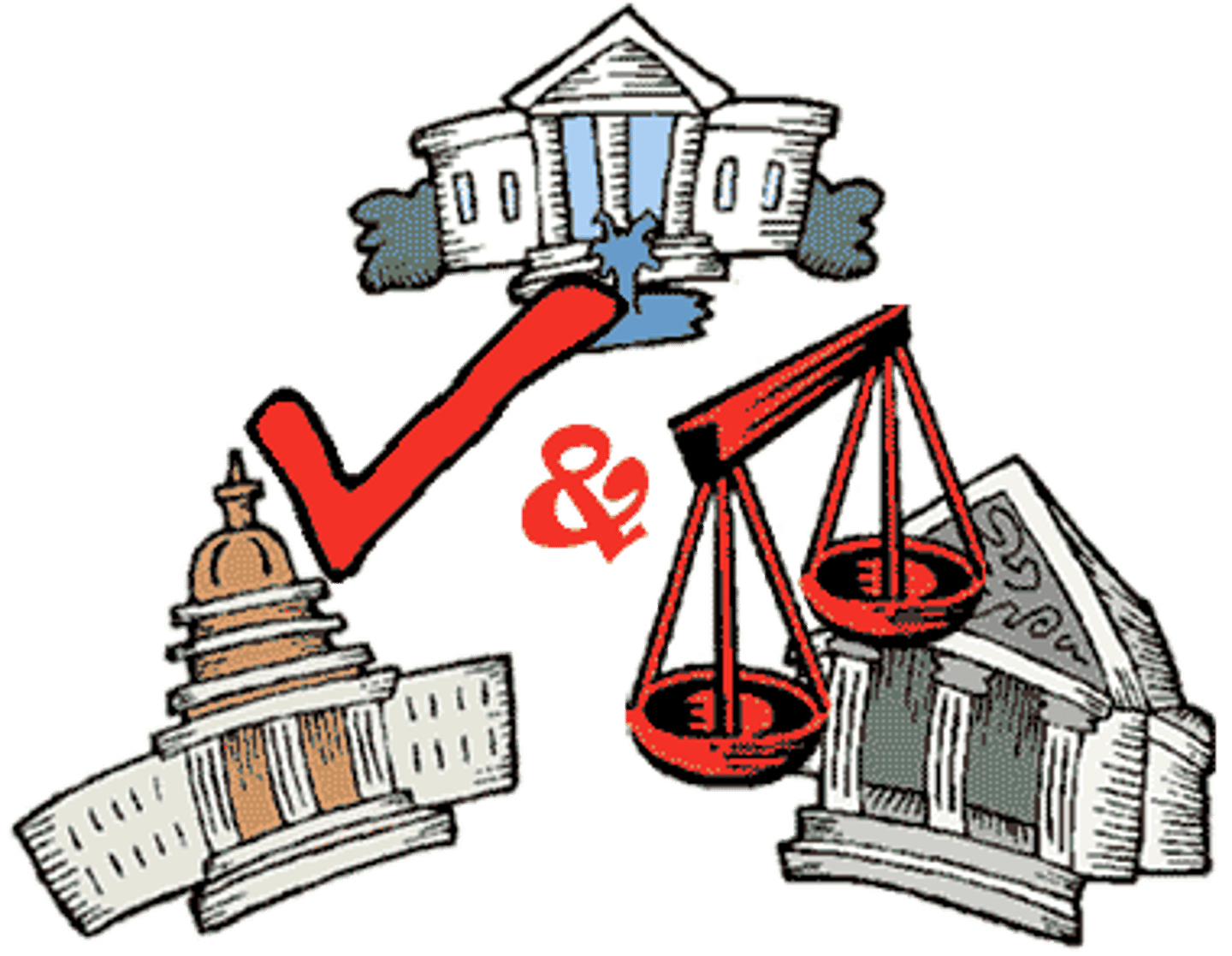
Declaration of Independence
the document recording the proclamation of the second Continental Congress (4 July 1776) asserting the independence of the colonies from Great Britain
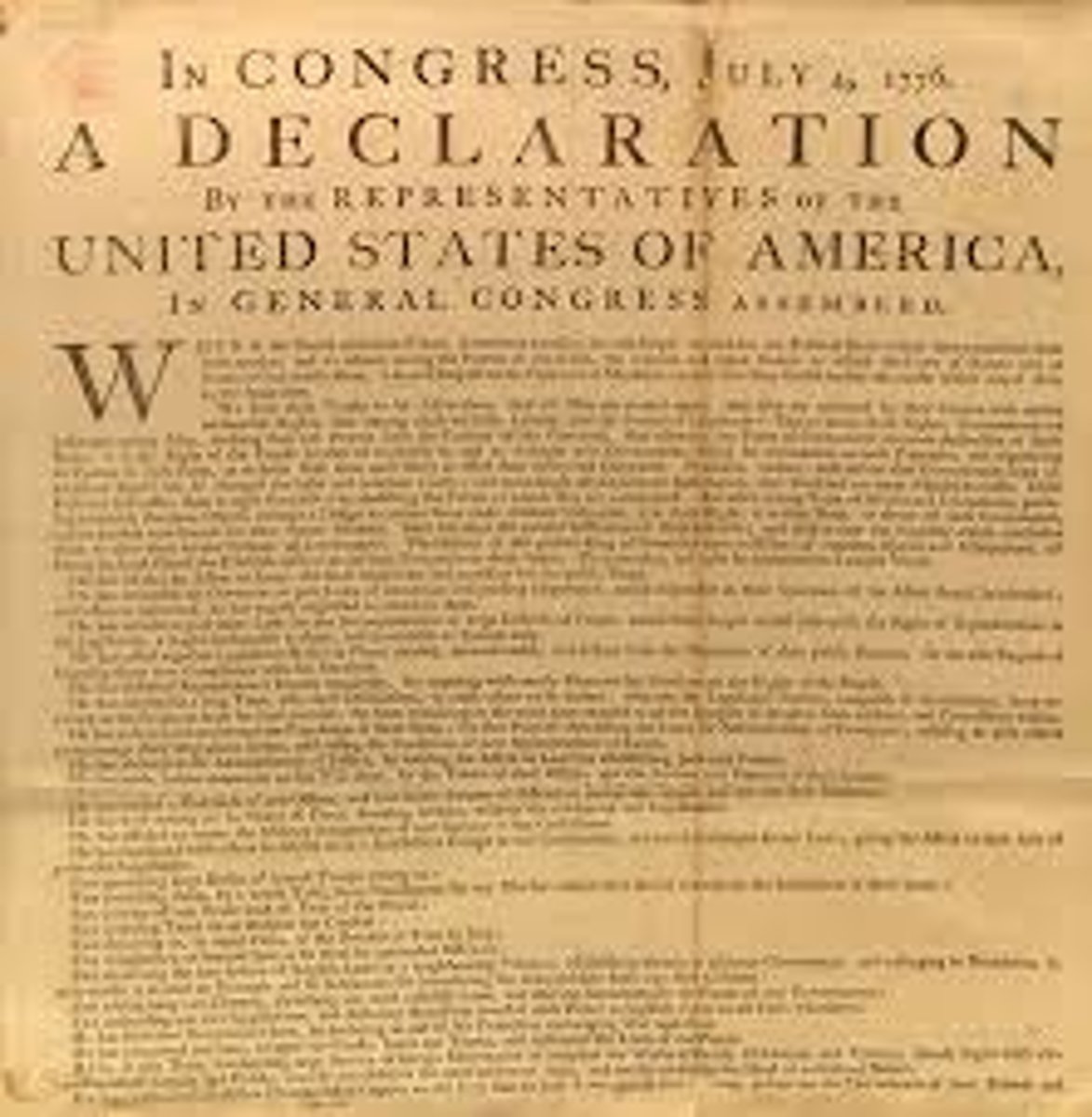
Thomas Jefferson
Author of the Declaration of Independence
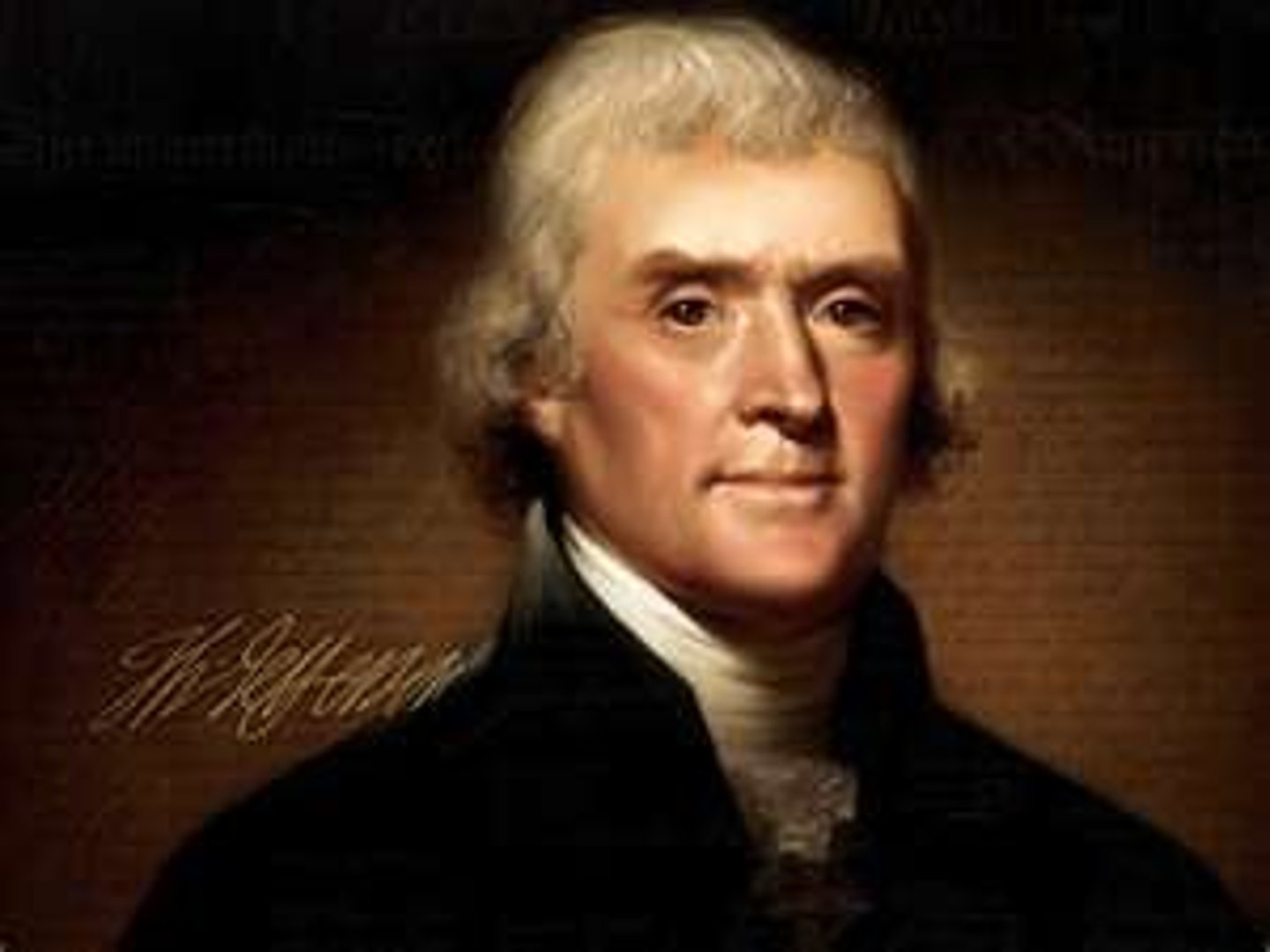
Articles of Confederation
1st Constitution of the U.S. 1781-1788 (weaknesses-no executive, no judicial, no power to tax, no power to regulate trade)
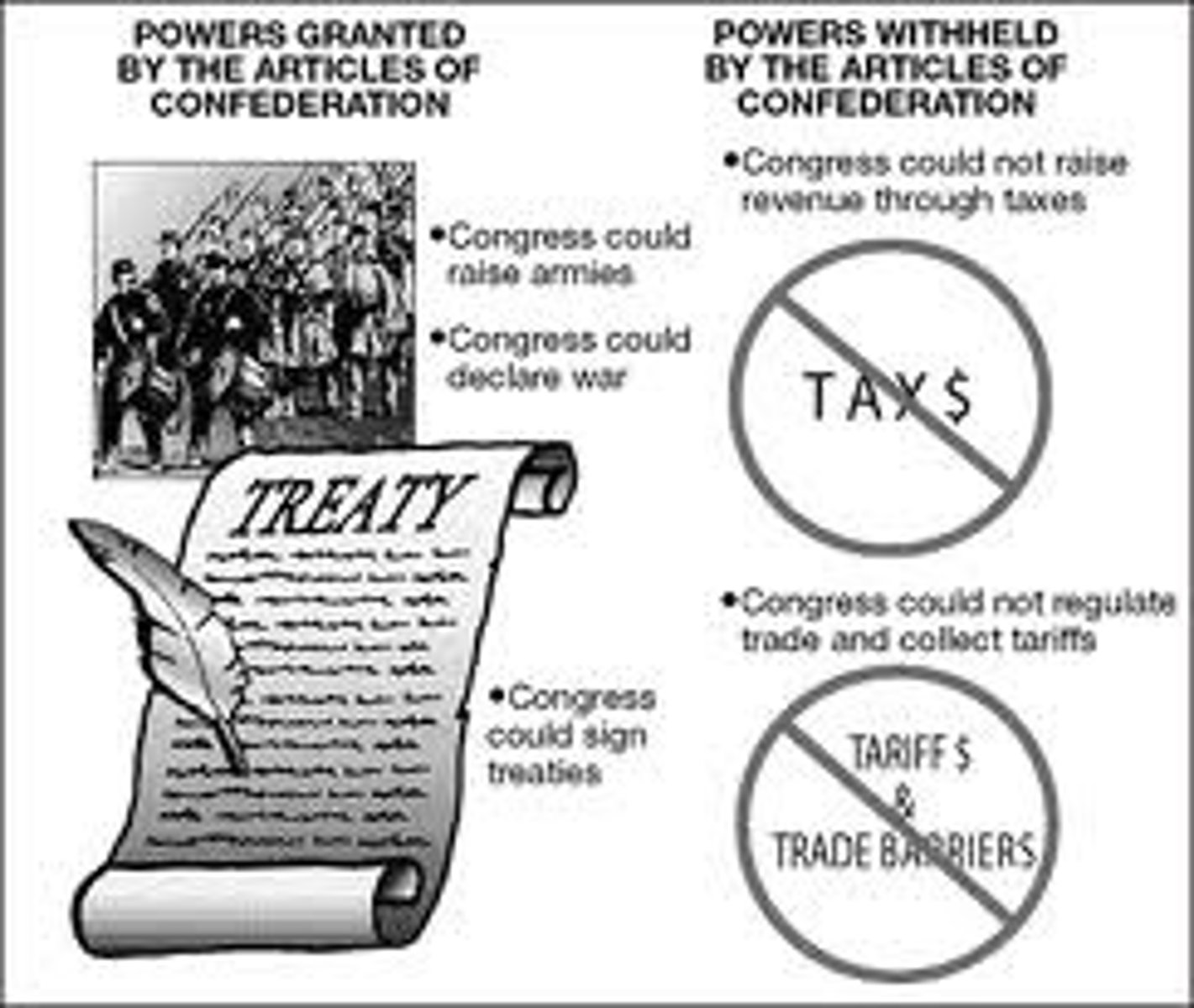
The Constitution of the United States
Signed September 17, 1787; ratified by the required nine states June 21, 1788
*Drafted at the Constitutional Convention in Philadelphia in 1787
*Included a preamble and seven articles
*Created a stronger federal government
*The Bill of Rights constitutes the first ten amendments, and it protects individual rights and freedoms
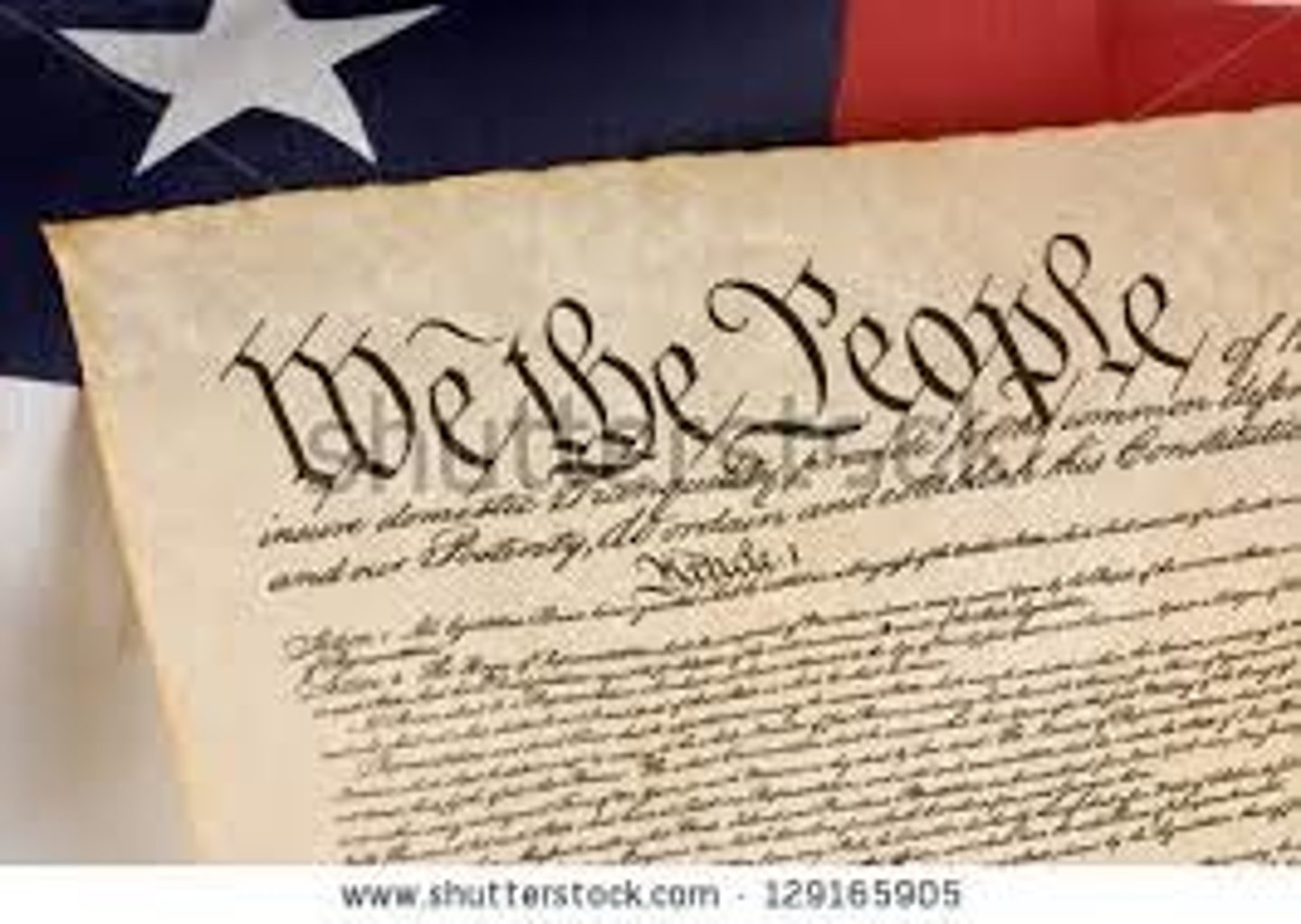
The Preamble of the Constitution
We the People of the United States, in Order to form a more perfect Union, establish Justice, insure domestic Tranquility, provide for the common defense, promote the general Welfare, and secure the Blessings of Liberty to ourselves and our Posterity, do ordain and establish this Constitution for the United States of America.
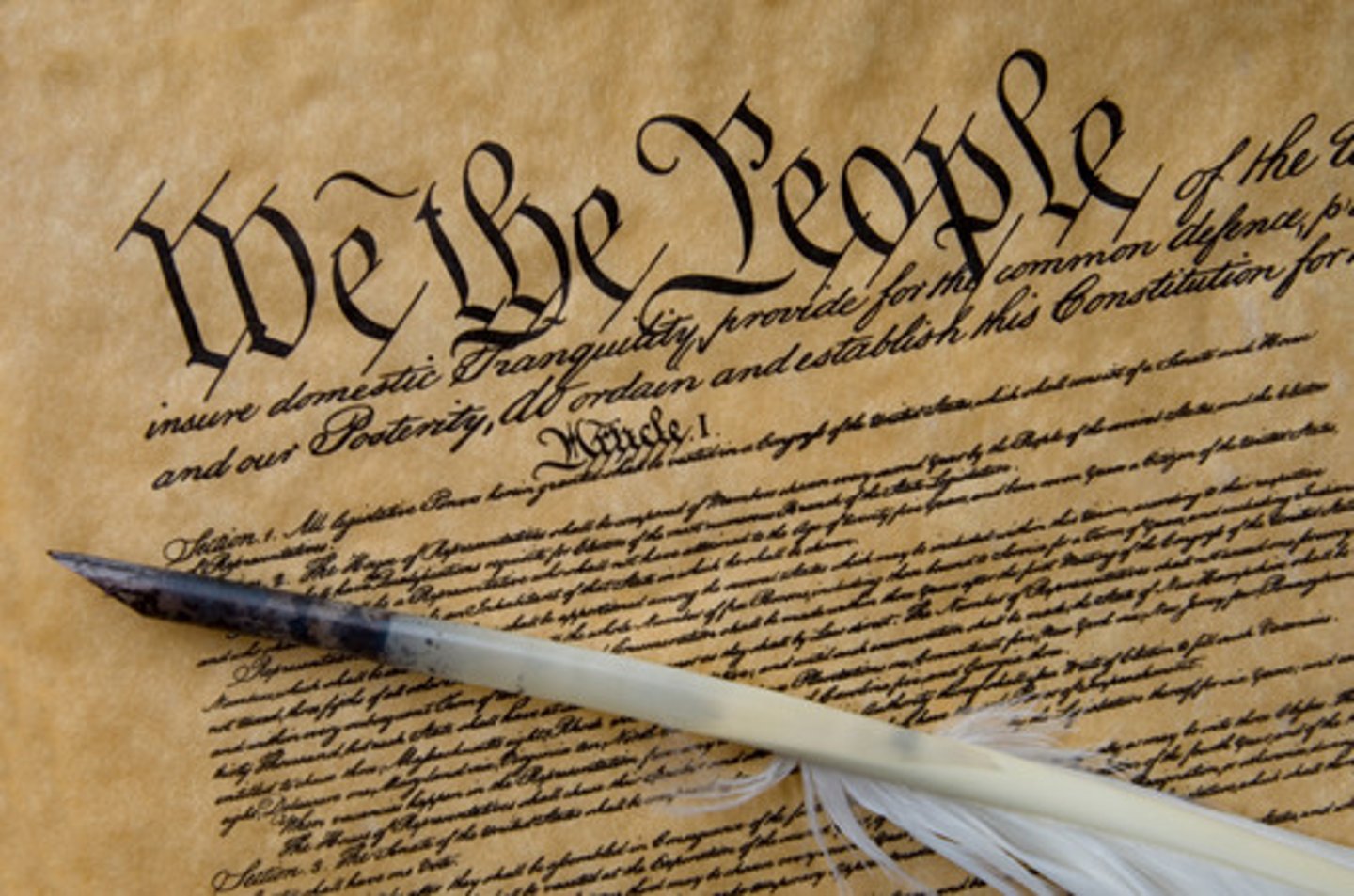
Constitutional Principles
popular sovereignty, limited government, separation of powers, checks and balances, judicial review, federalism
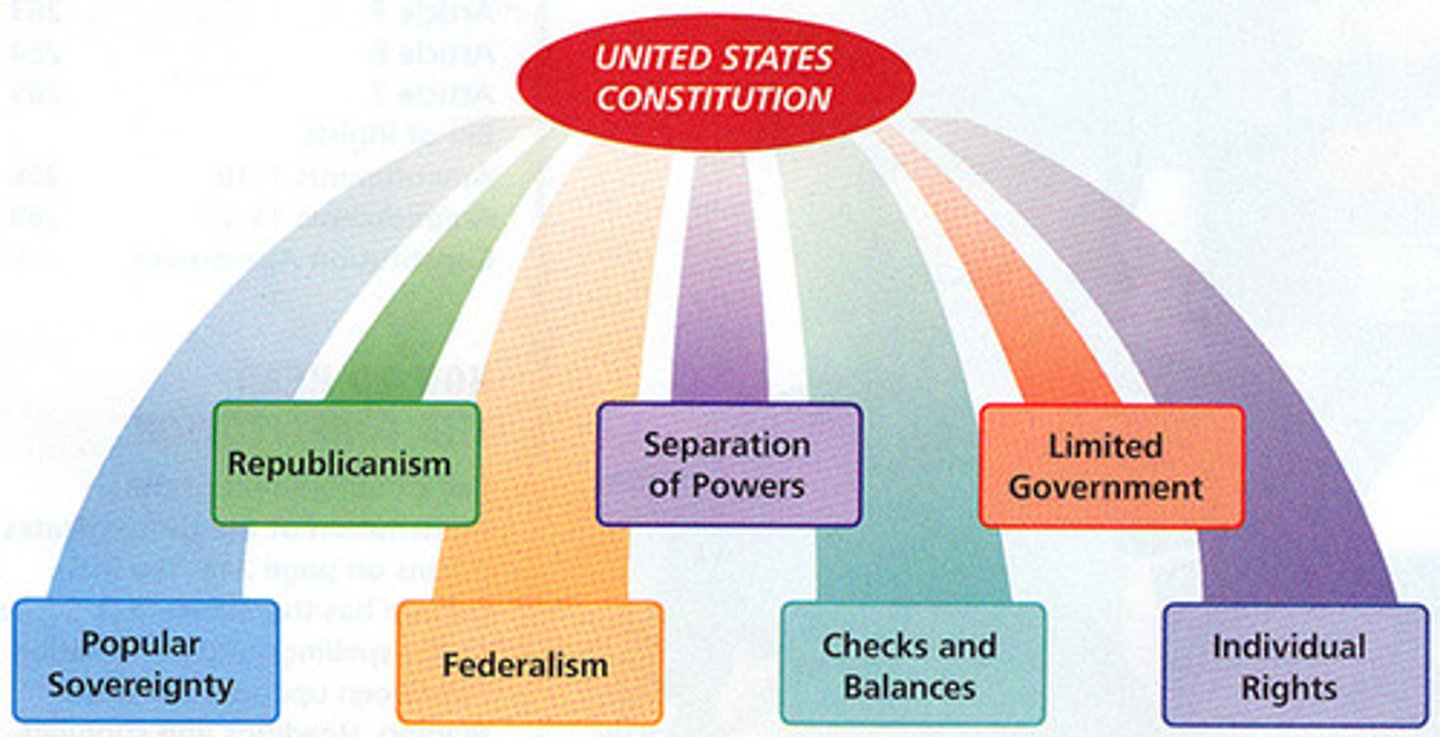
Inalienable Rights
Found in the Declaration of Independence. Life, Liberty, and the Pursuit of Happiness.
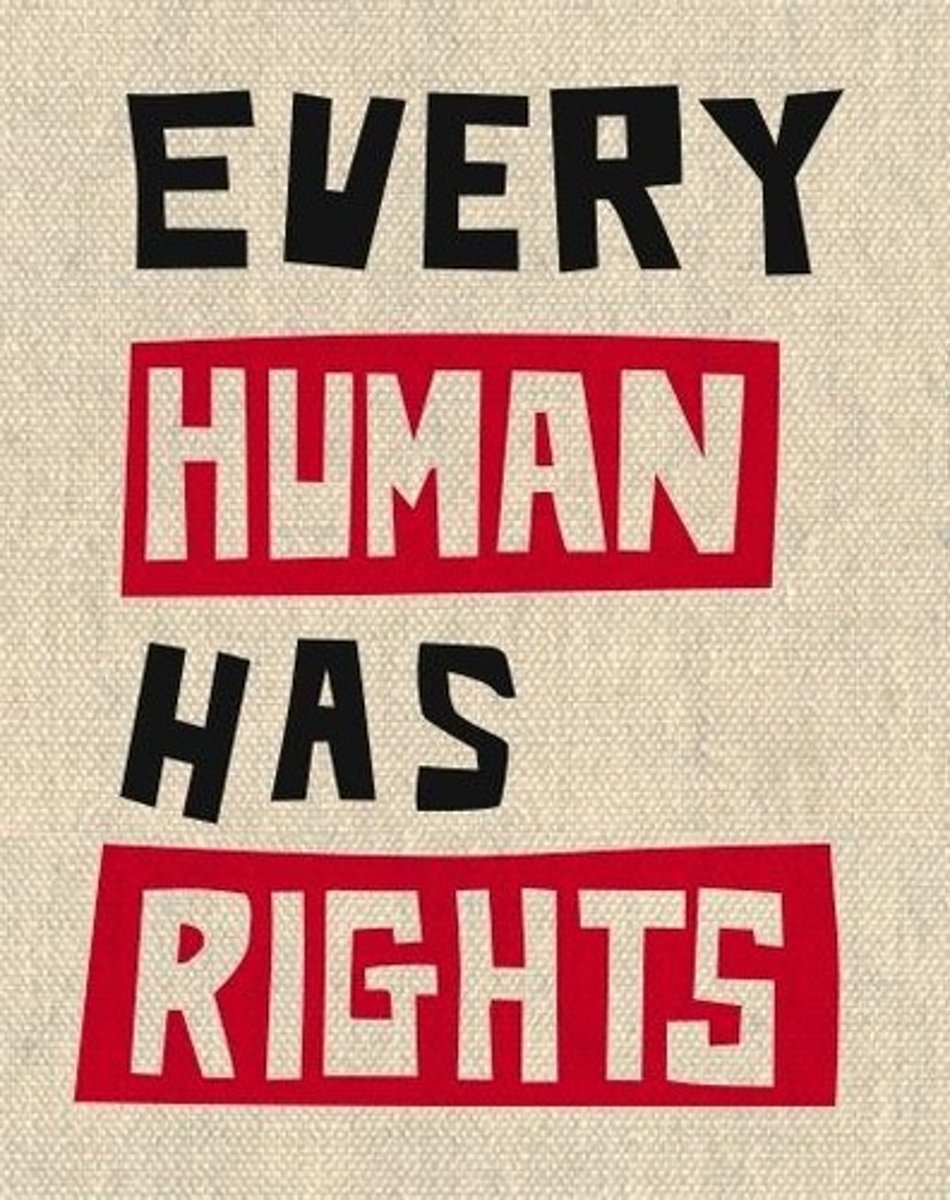
Separation of Powers
Constitutional division of powers among the legislative, executive, and judicial branches, with the legislative branch making law, the executive applying and enforcing the law, and the judiciary interpreting the law
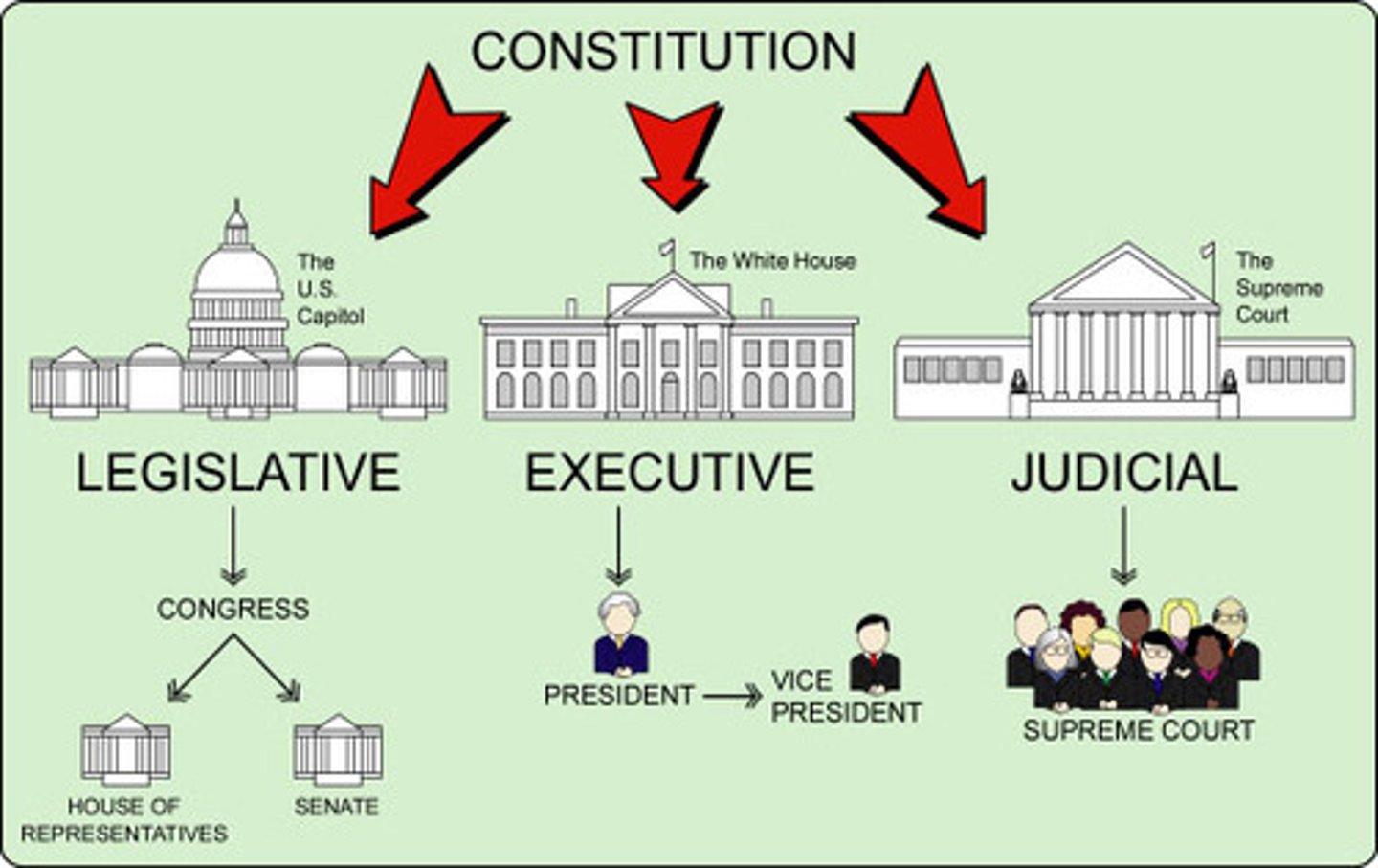
Limited Government
A principle of constitutional government; a government whose powers are defined and limited by a constitution.
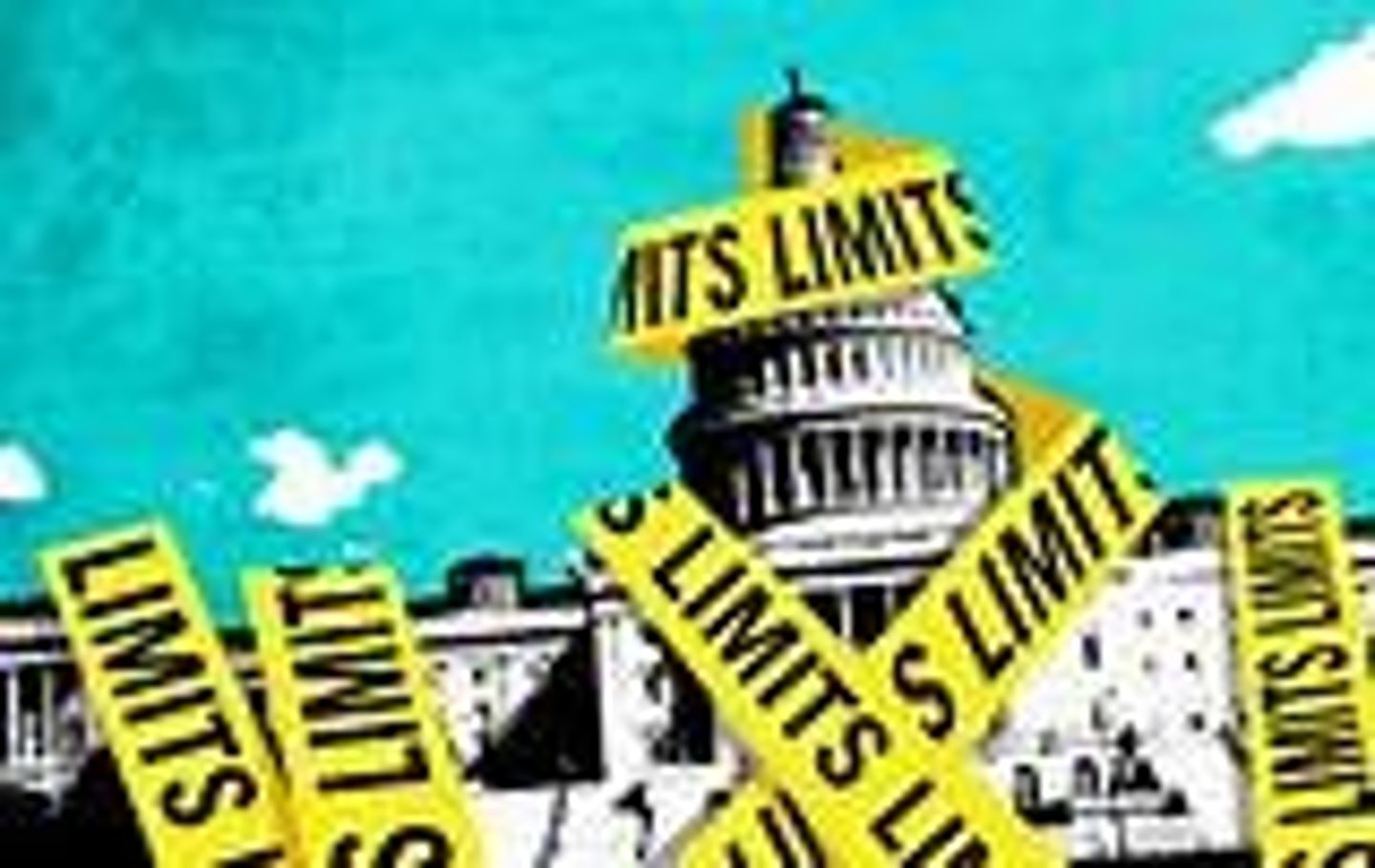
Federalism
A system in which power is divided between the national and state governments.
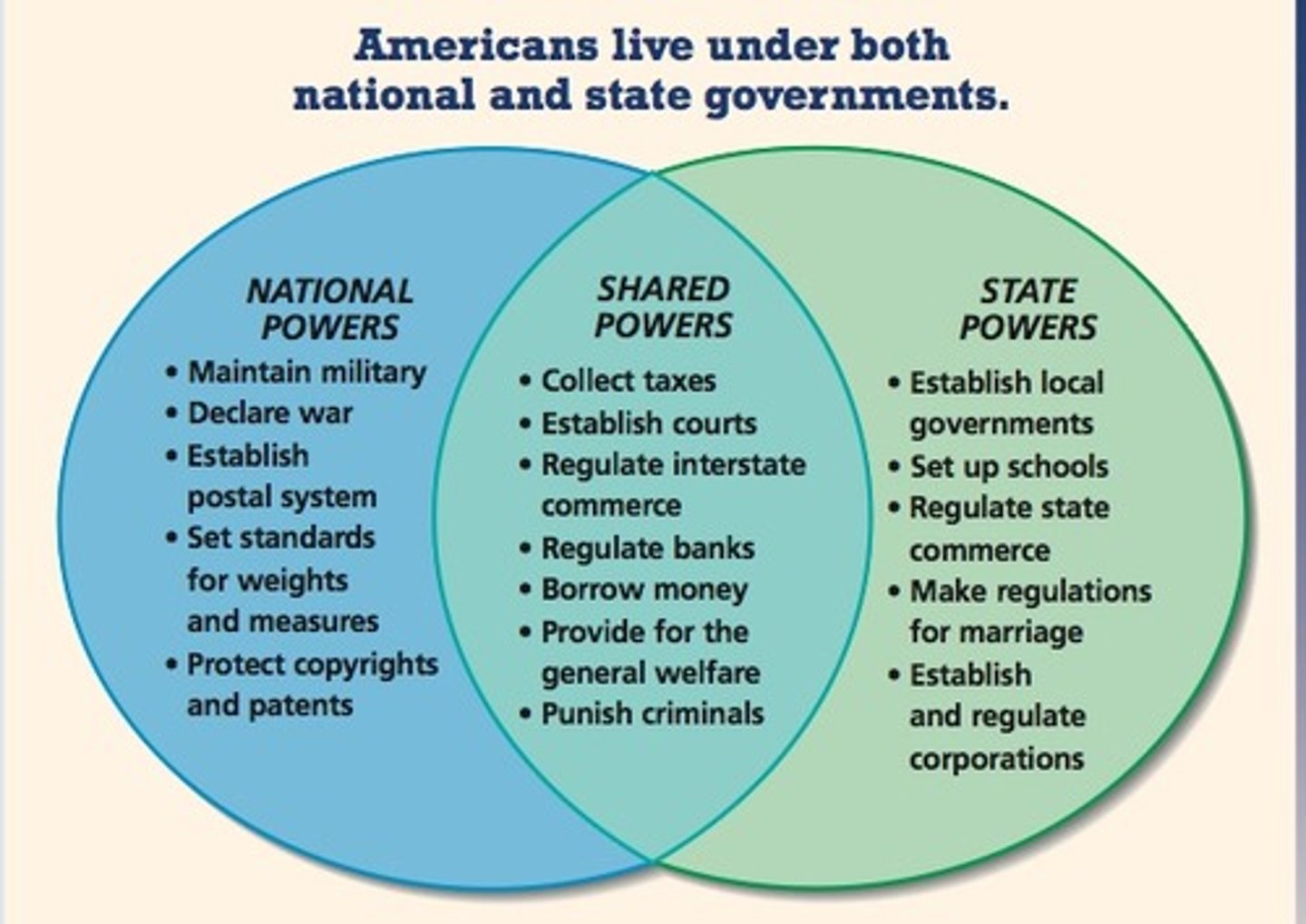
Popular Sovereignty
A belief that ultimate power resides in the people.
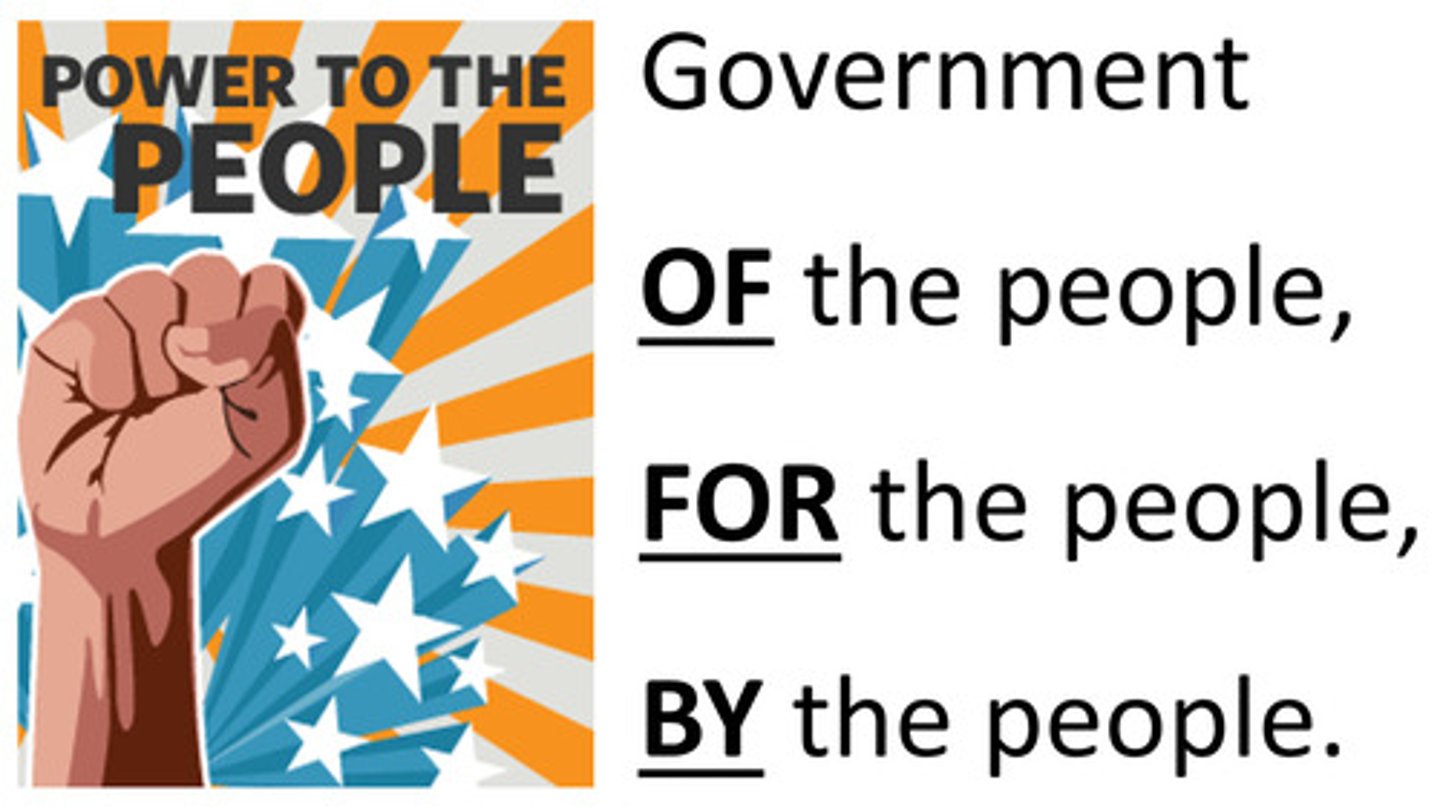
Bill of Rights, 1791
The Bill of Rights is the collective name for the first ten amendments to the United States Constitution. Proposed to assuage the fears of Anti-Federalists
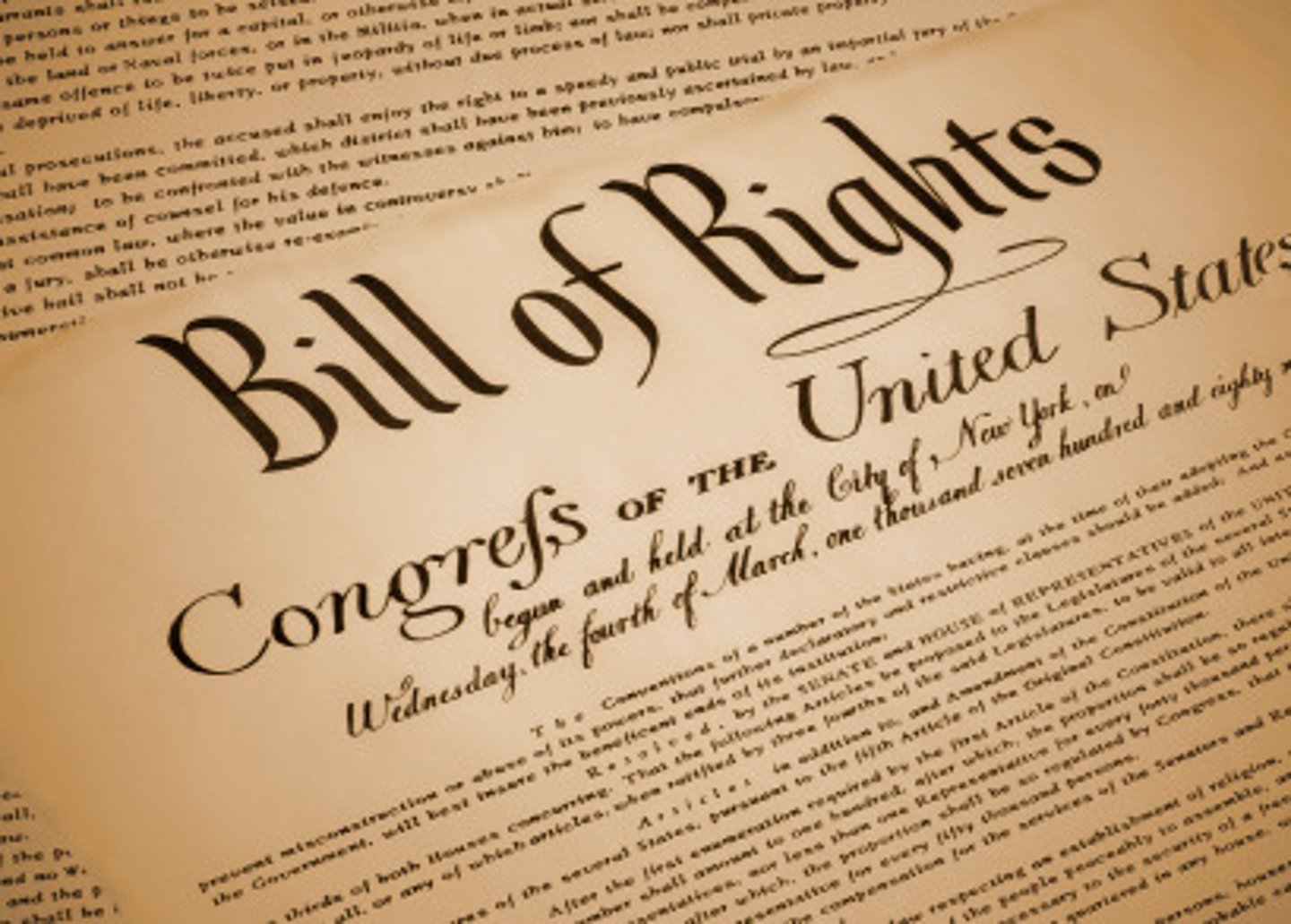
Institution of Slavery
A euphemism for slavery and its social, political, and economic ramifications in the American South.
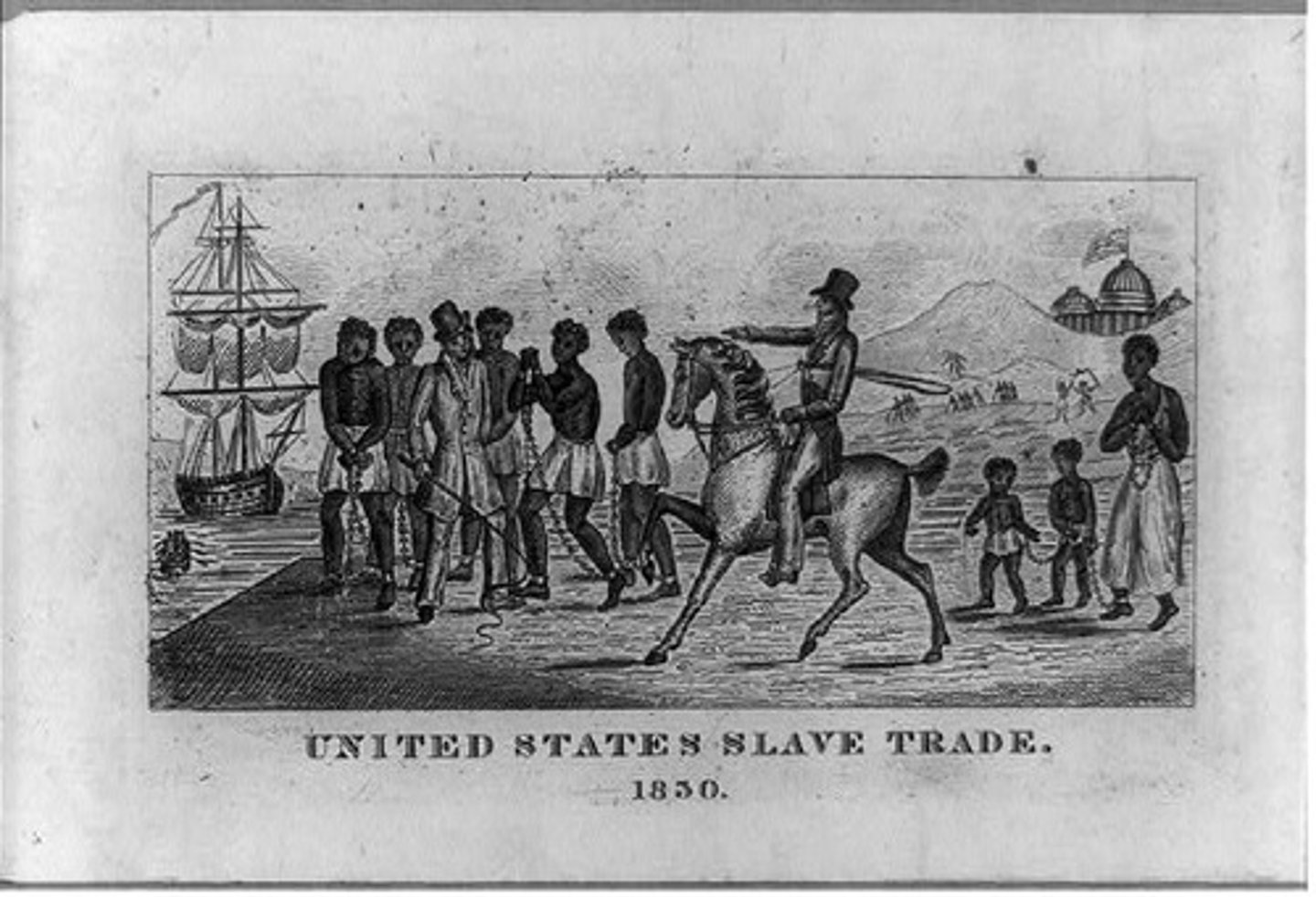
Racism
Belief that race is the primary determinant of human traits and capacities and that racial differences produce an inherent superiority of a particular race.
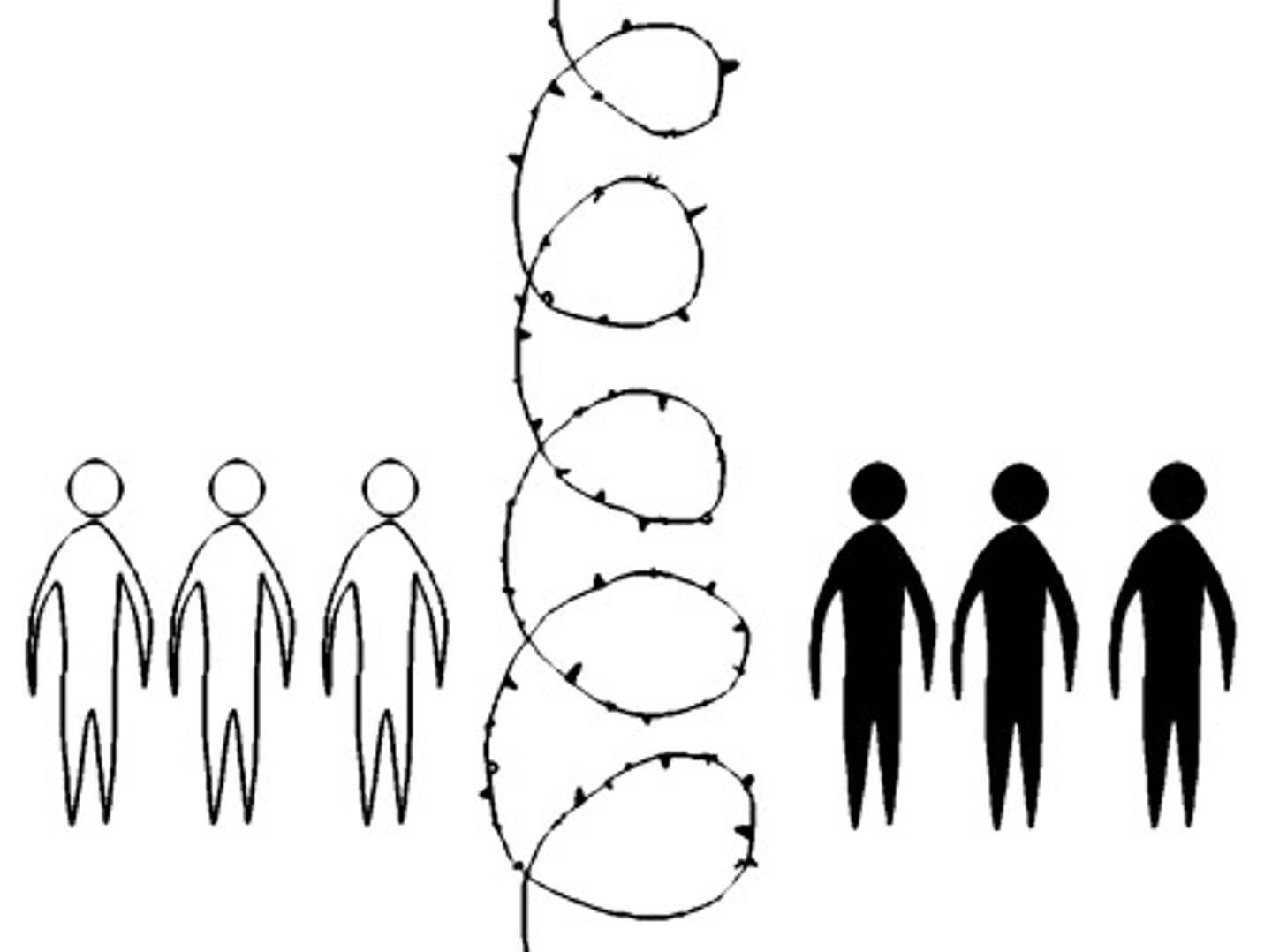
Frederick Douglass
(1817-1895) American abolitionist and writer who escaped slavery and became a leading African American spokesman. He published his biography, The Narrative of the Life of Frederick Douglass, and founded the abolitionist newspaper, the North Star.
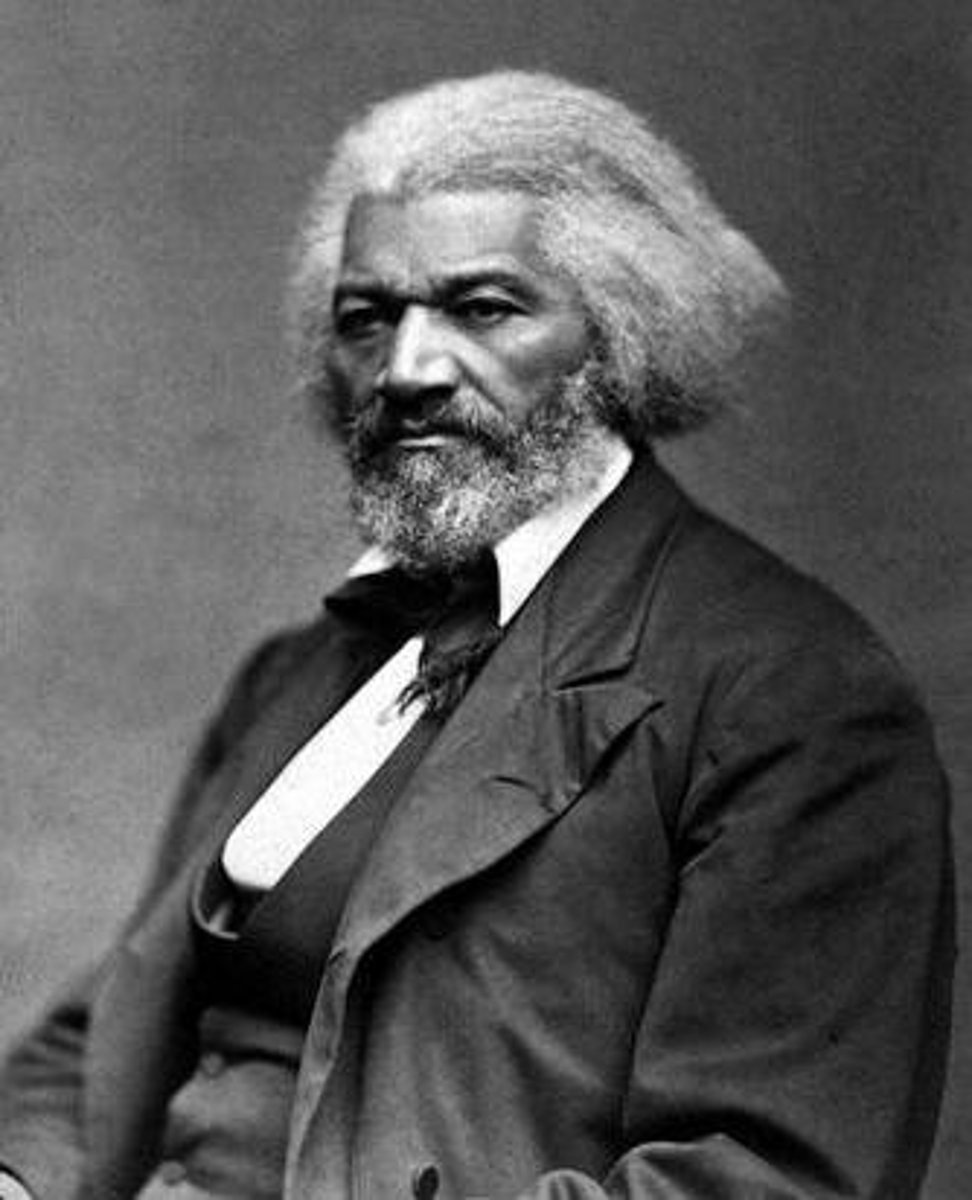
What to the Slave is the Fourth of July?
the title now given to a speech by Frederick Douglass delivered on July 5, 1852, in Corinthian Hall, Rochester, New York, addressing the Rochester Ladies' Anti-Slavery Society.
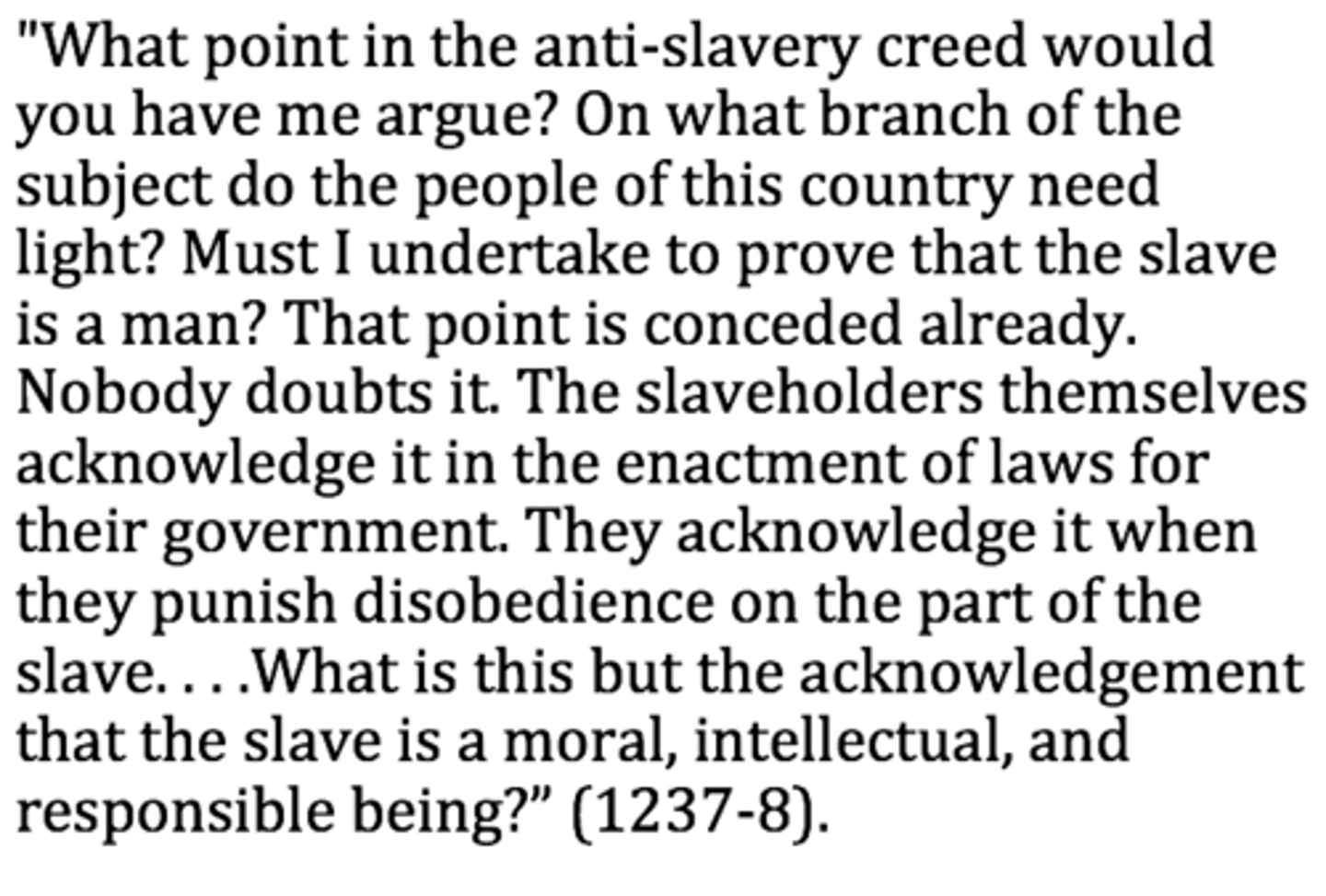
Sectionalism
Loyalty to one's own region of the country, rather than to the nation as a whole (e.g., the South before the Civil War)
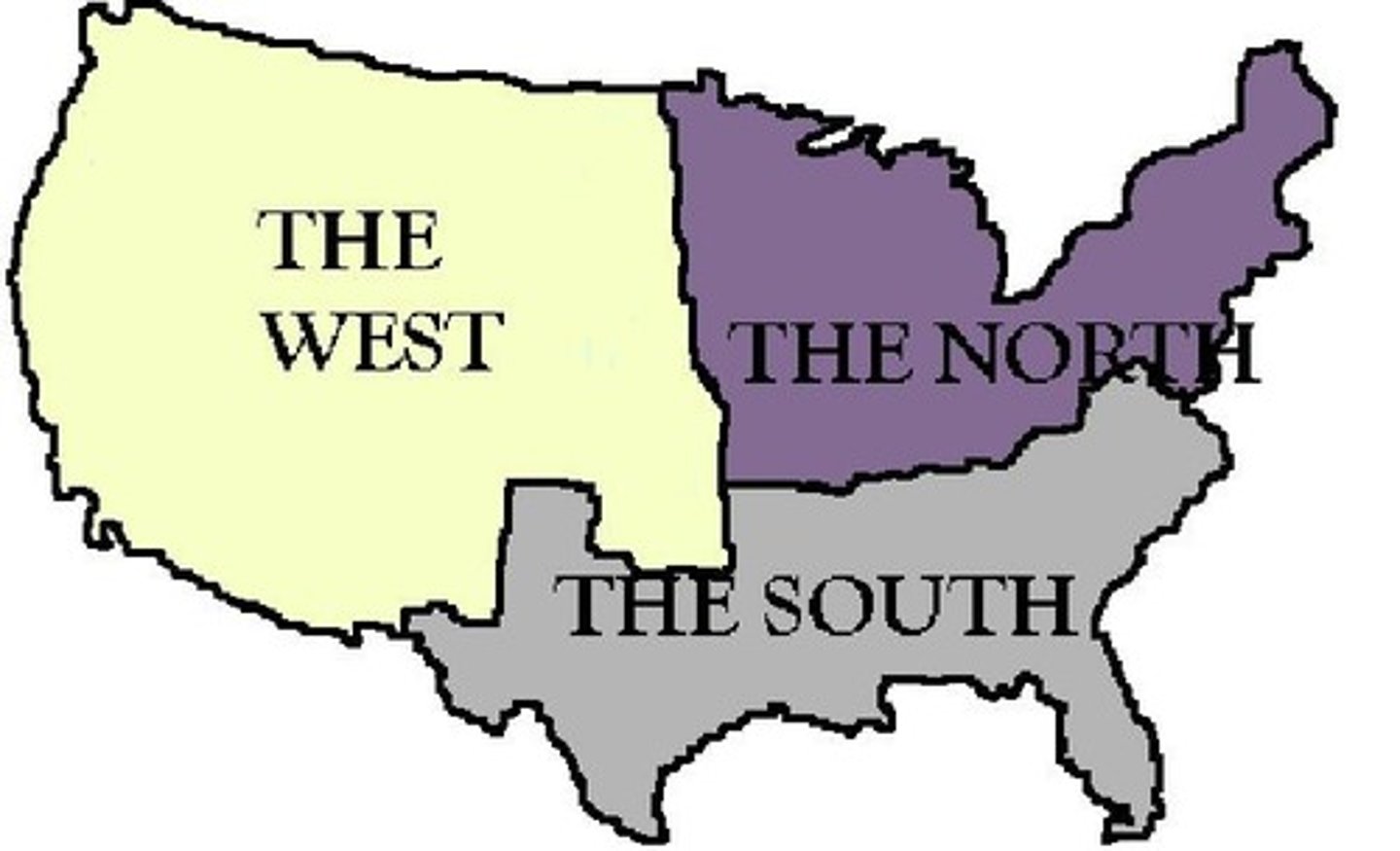
Reconstruction Act of 1867
The period 1865-77 following the Civil War, during which the states of the Confederacy were controlled by the federal government and social legislation, including the granting of new rights to African-Americans, was introduced.
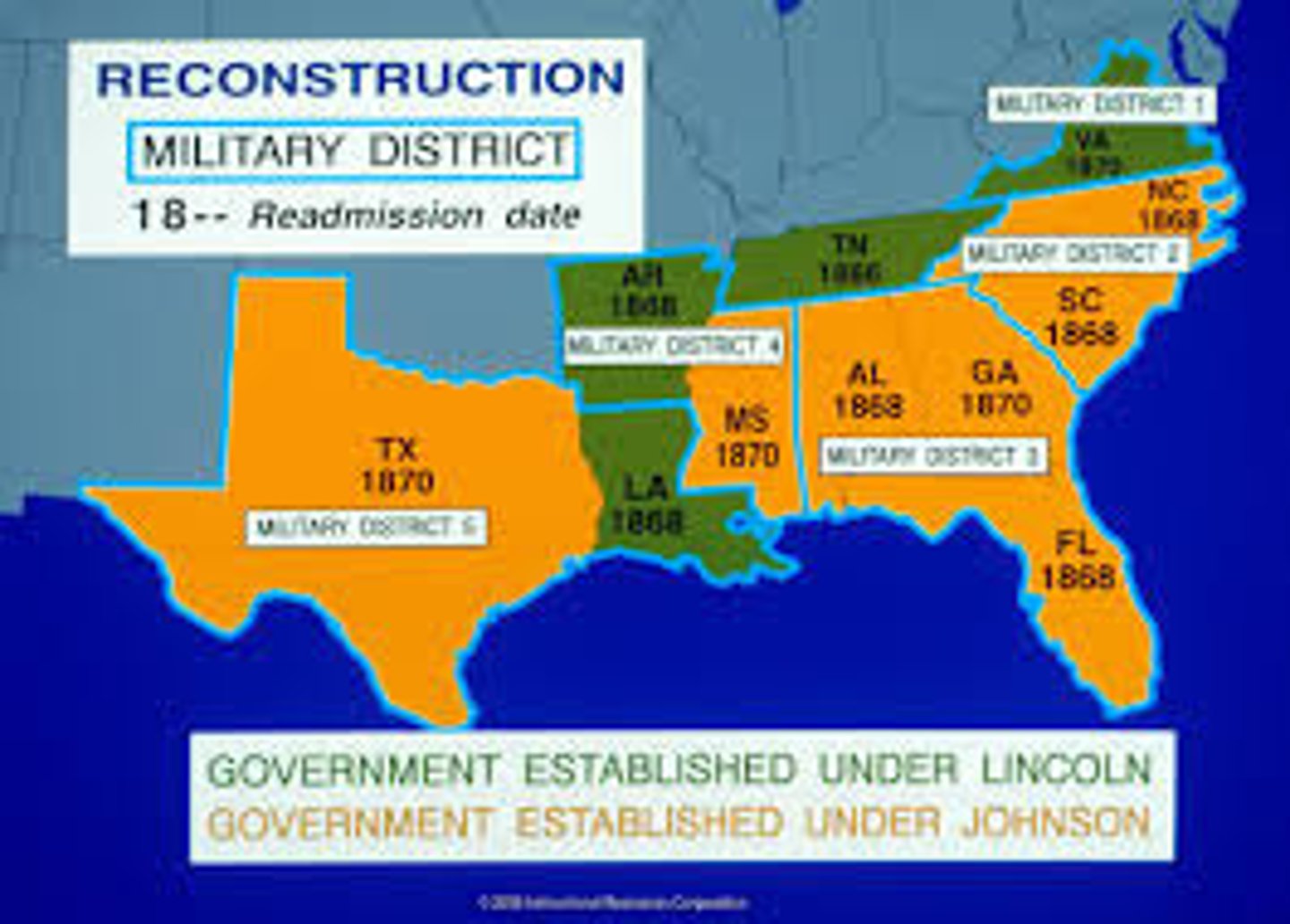
literacy tests, poll taxes, grandfather clauses
After Reconstruction, various political and legal devices were created to prevent Southern African-Americans from voting.
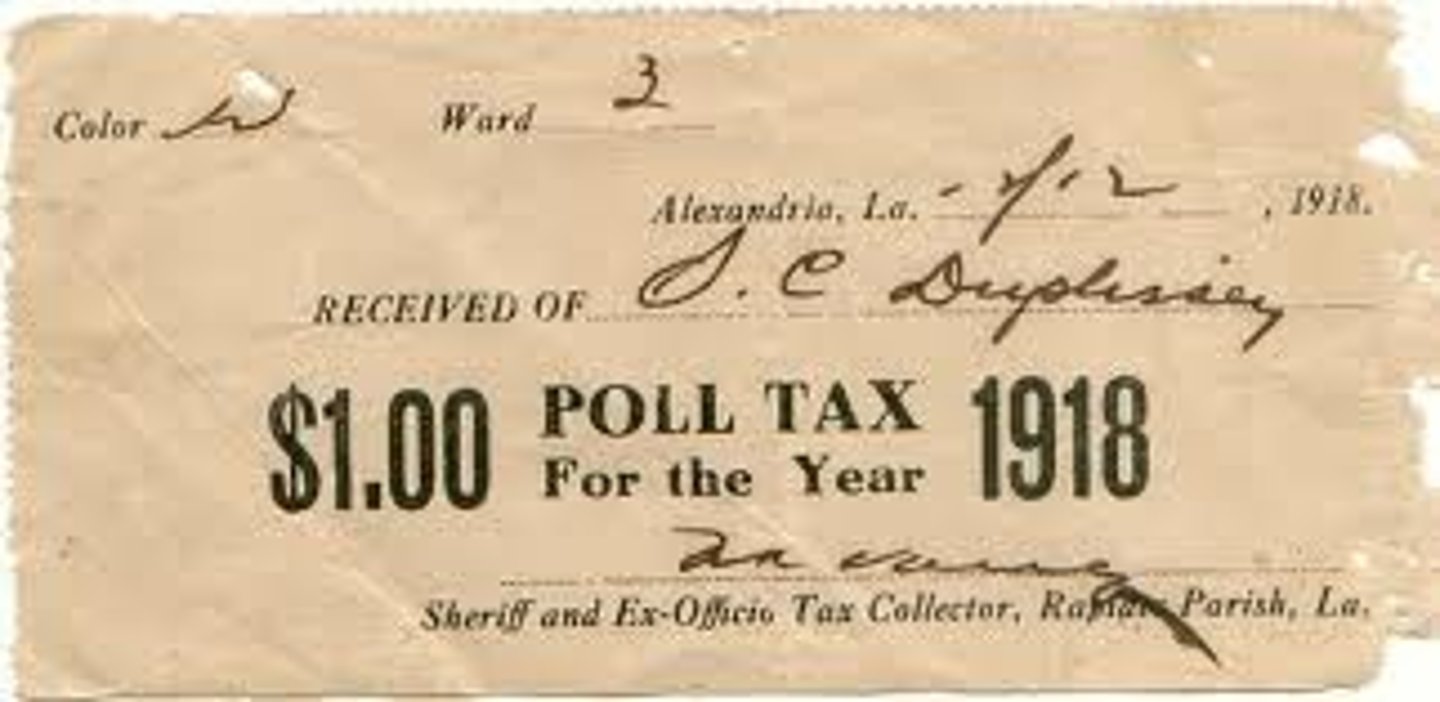
KKK (Ku Klux Klan)
An extremist, paramilitary, right-wing secret society founded in the mid-nineteenth century and revived during the 1920's. It was anti-foreign, anti-black, anti-Jewish, anti-pacifist, anti-Communist, anti-internationalist, anti-evolutionist, and anti-bootlegger, but pro-Anglo-Saxon and pro-Protestant. Its members, cloaked in sheets to conceal their identities, terrorized freedmen and sympathetic whites throughout the South after the Civil War. By the 1890's, Klan-style violence and various legislation succeeded in virtually disenfranchising all Southern blacks.
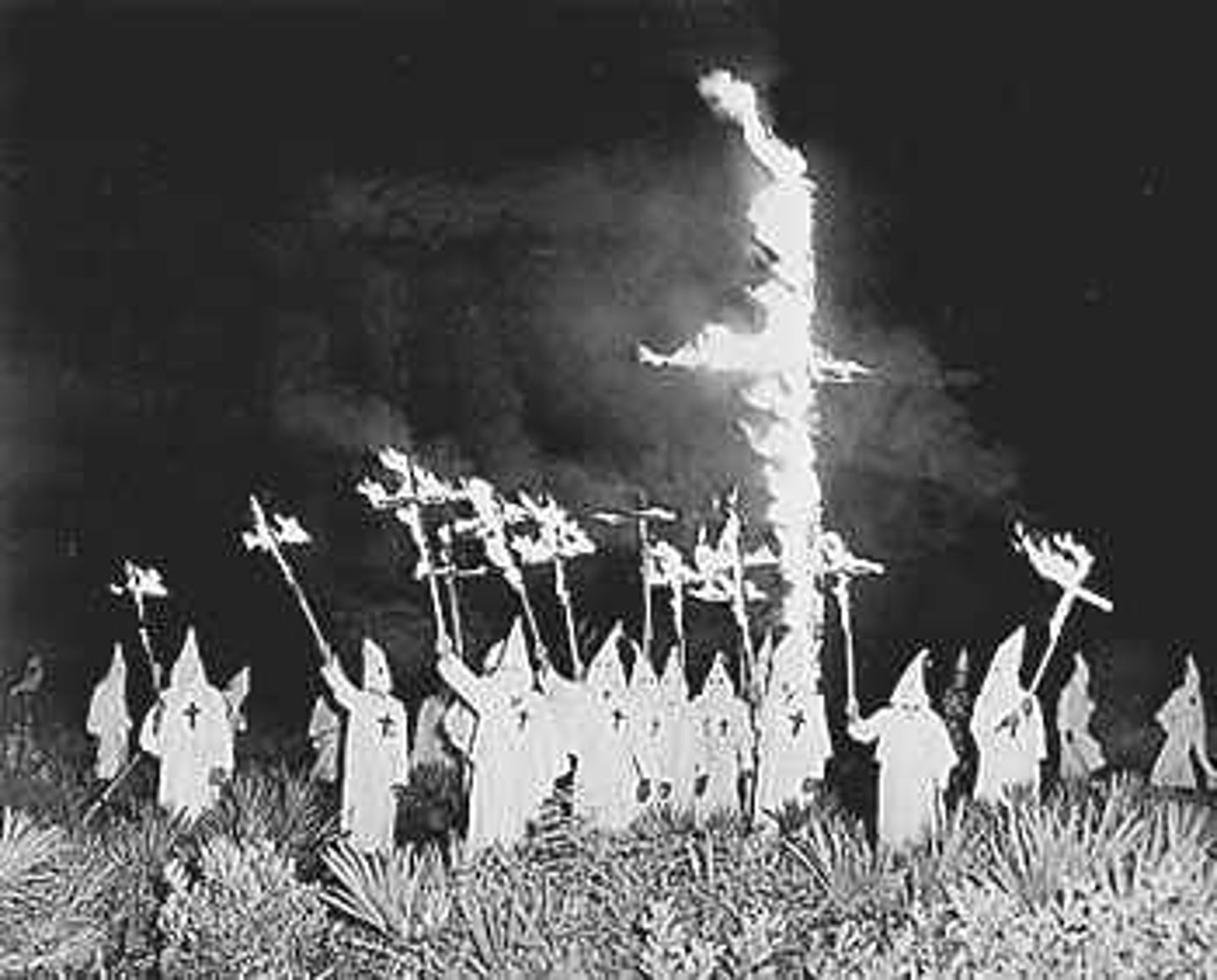
imprisonment without trial
Against Civil rights, and being held without being charged (Due Process)

Black Codes/Jim Crow Laws
Southern laws designed to restrict the rights of the newly freed slaves
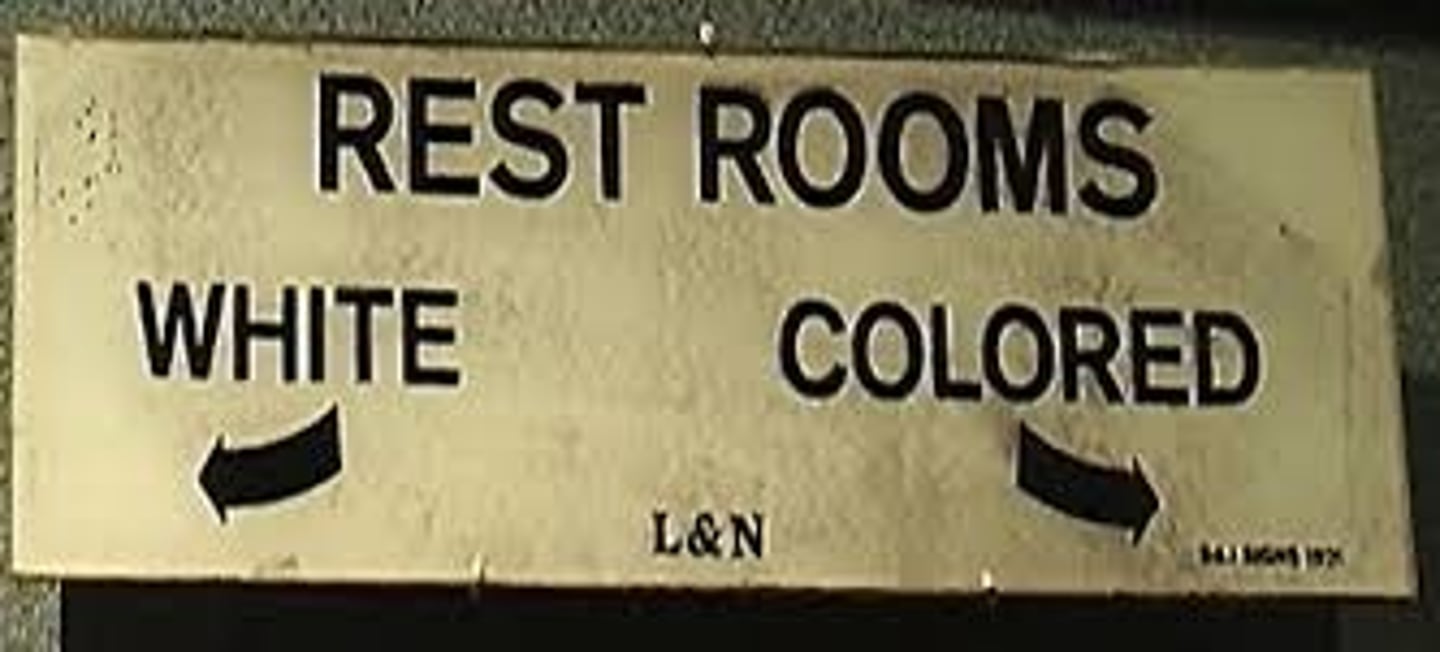
Juneteenth June 19 1865
This date and moniker marked the official beginning of Reconstruction in Texas
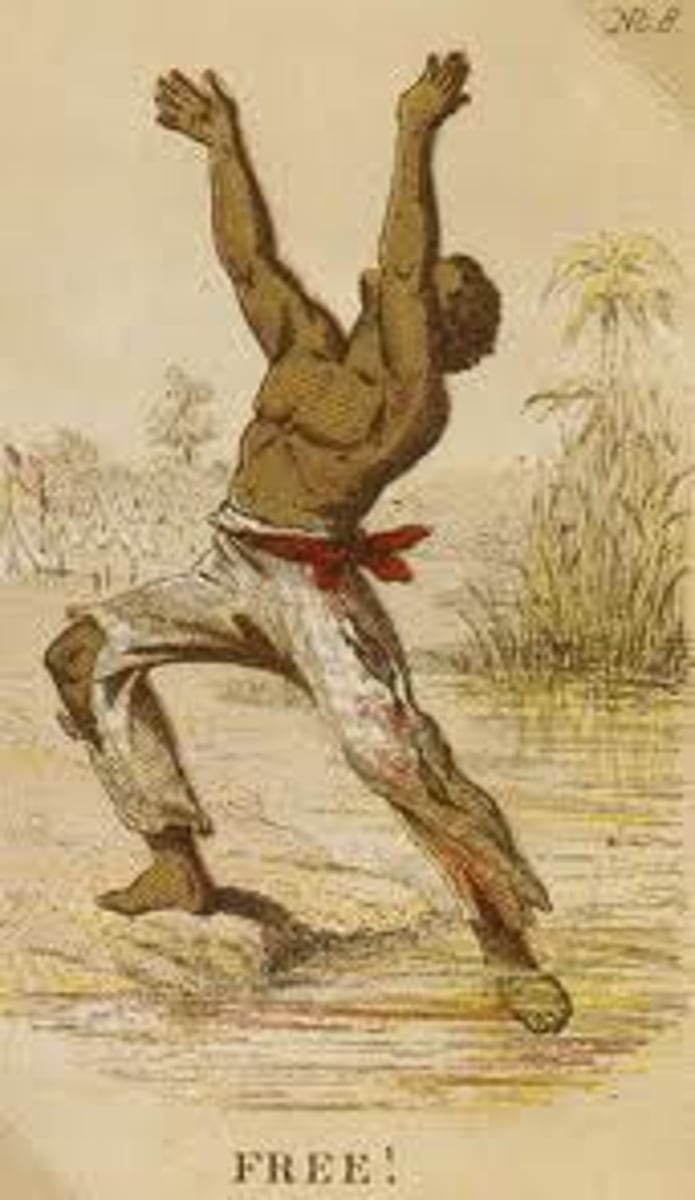
13th Amendment (1865)
Abolition of slavery: Slavery is not allowed in any state or territory under the government of the U.S.
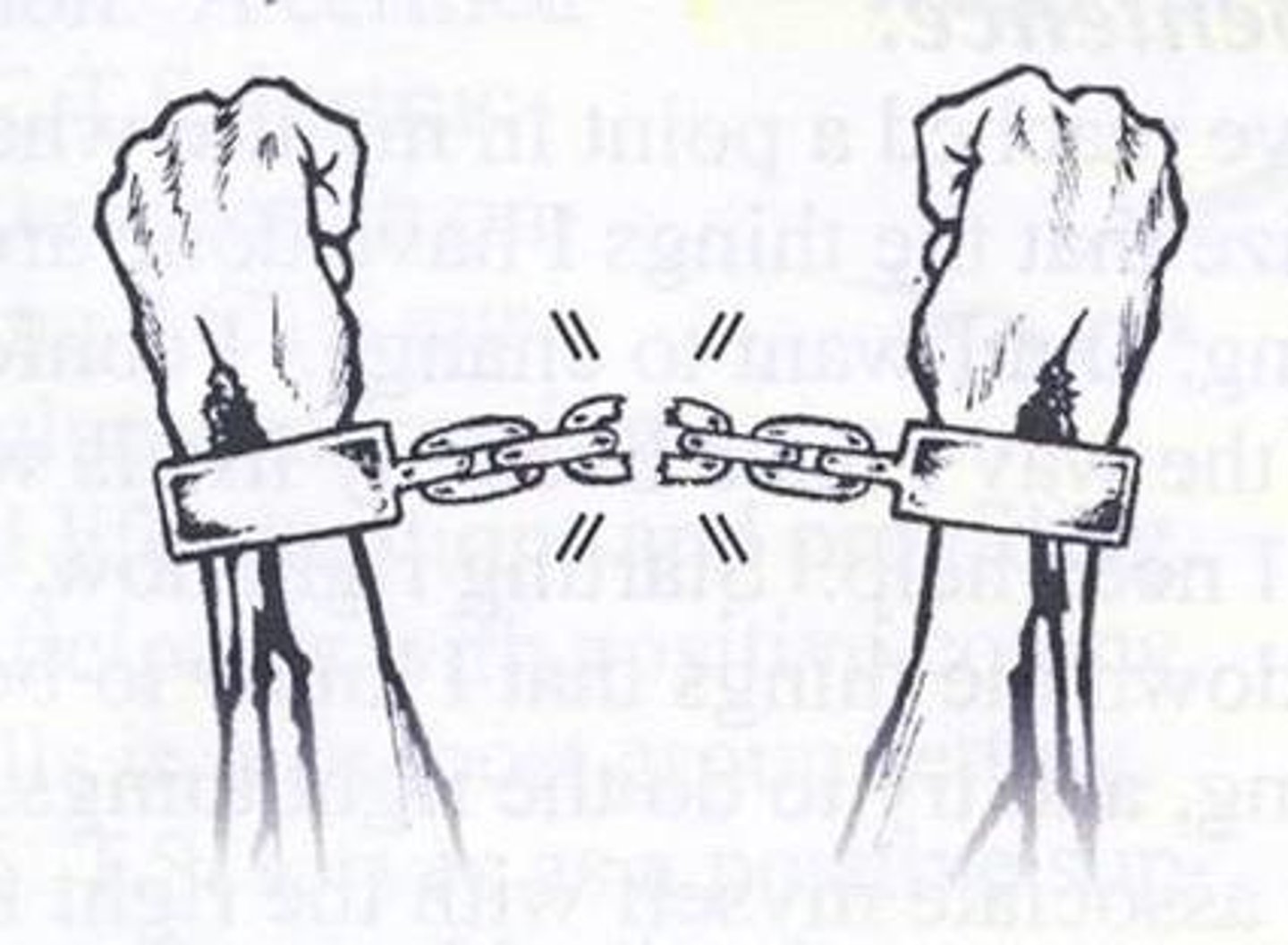
14th Amendment (1868)
Declares that all persons born in the U.S. are citizens and are guaranteed equal protection of the laws
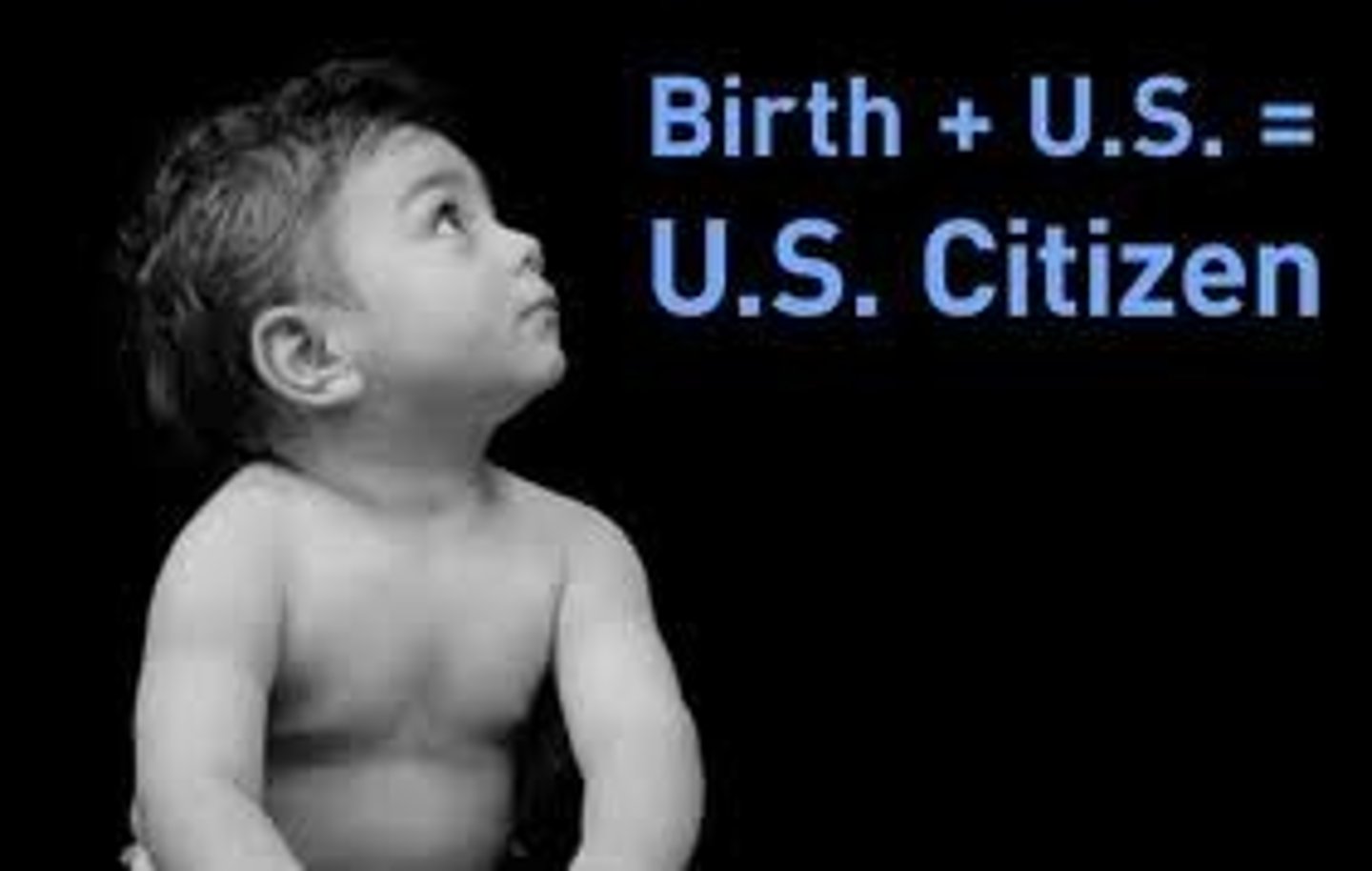
15th Amendment (1870)
Prohibited voting restrictions based on race, color, or previous condition of servitude (slavery)
